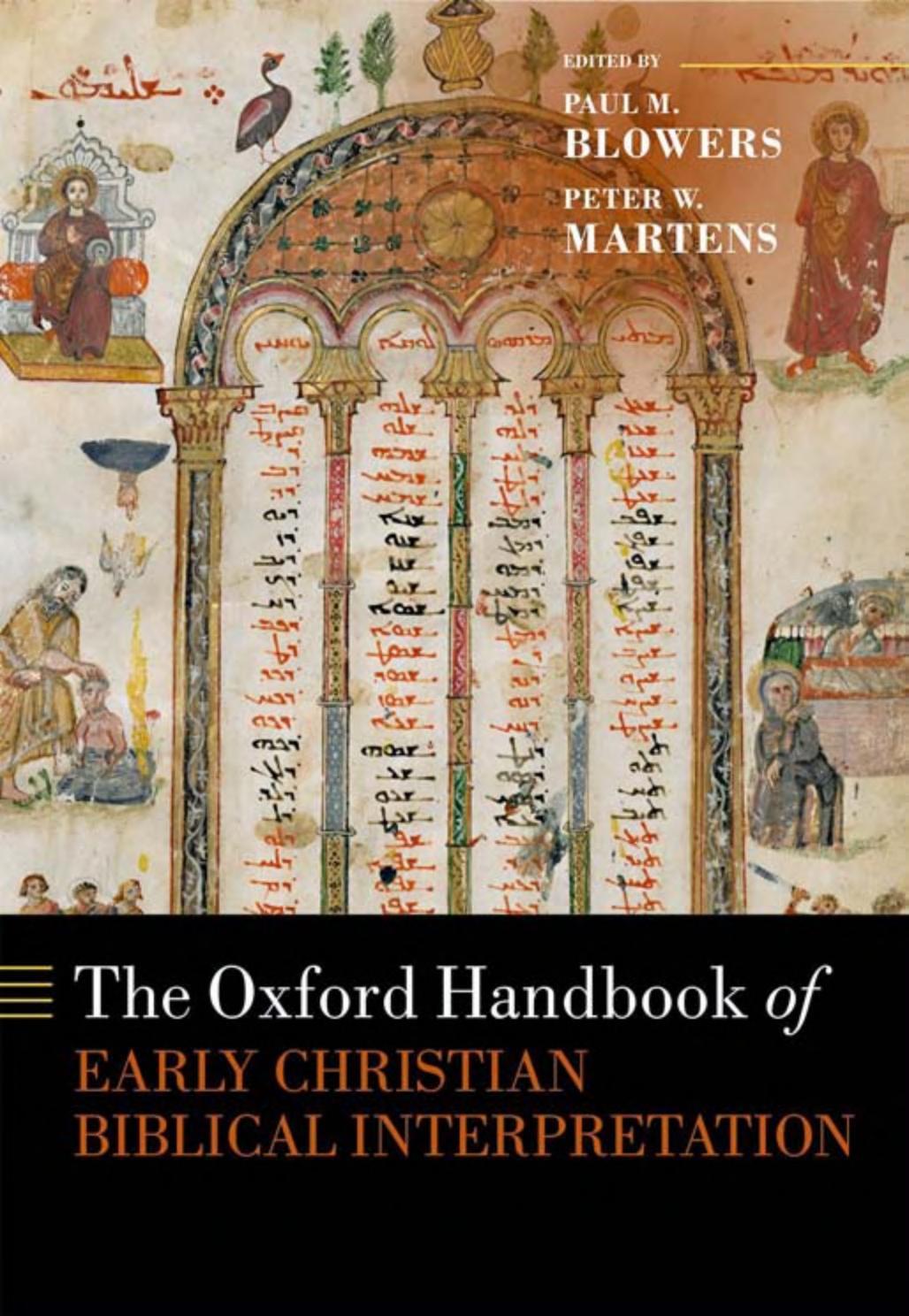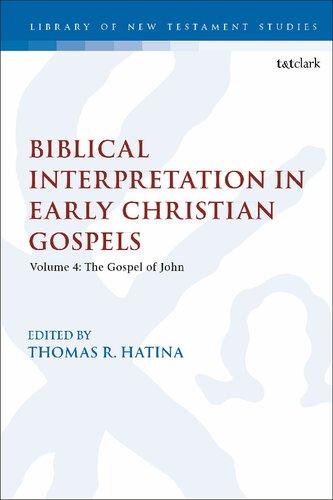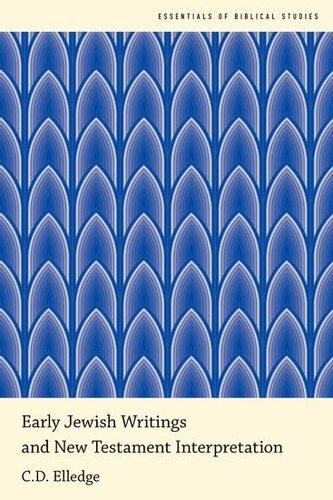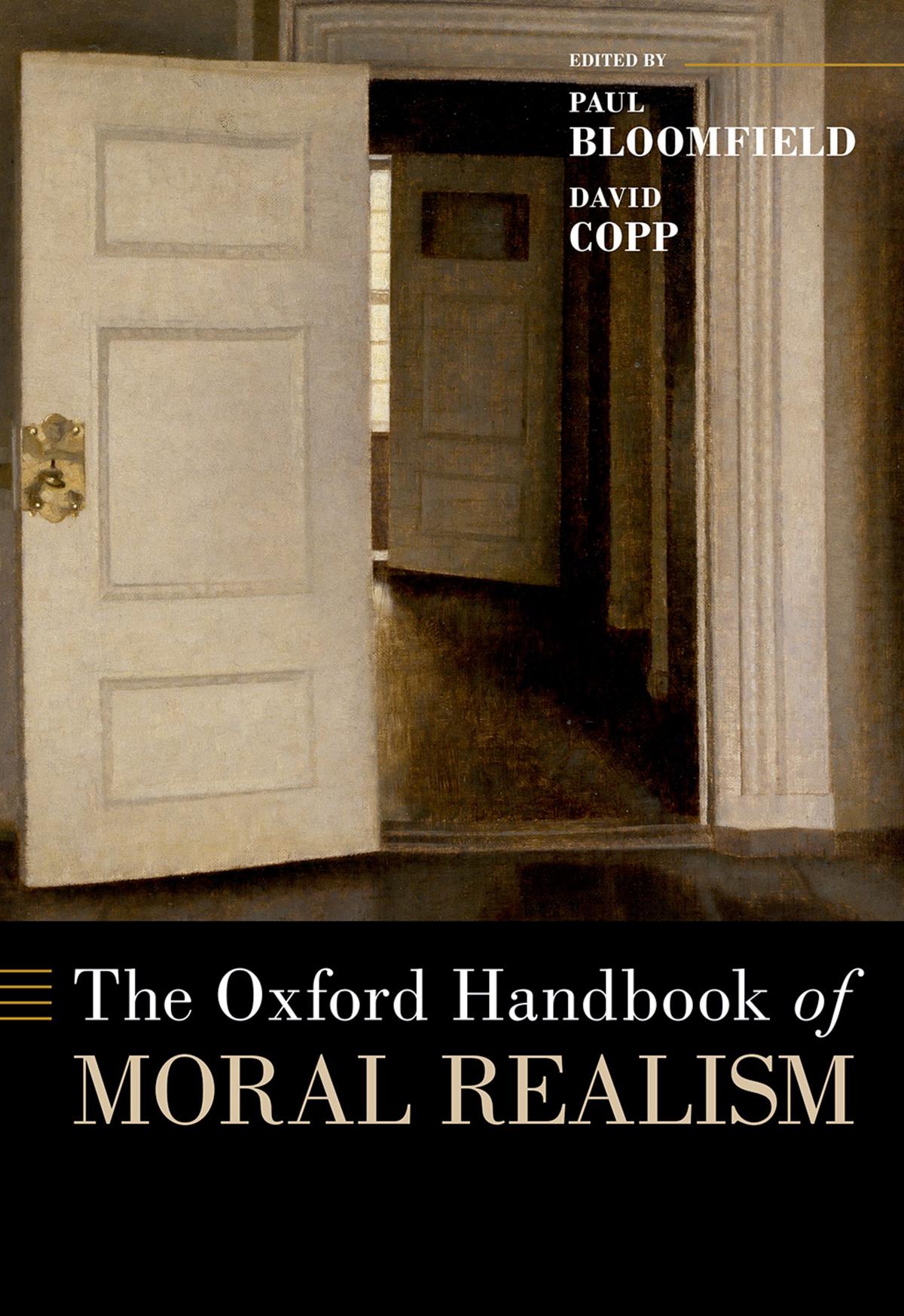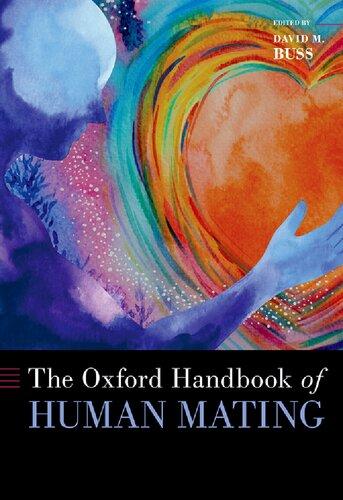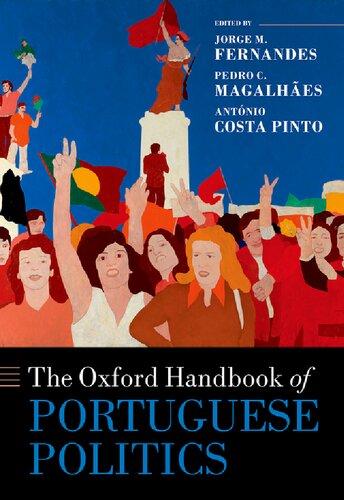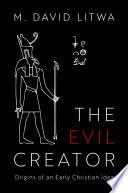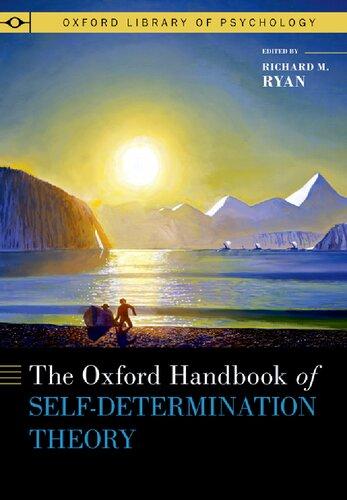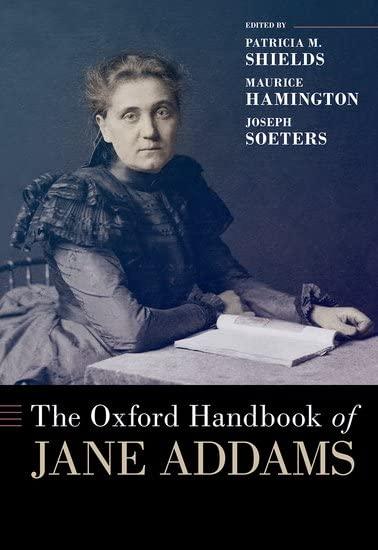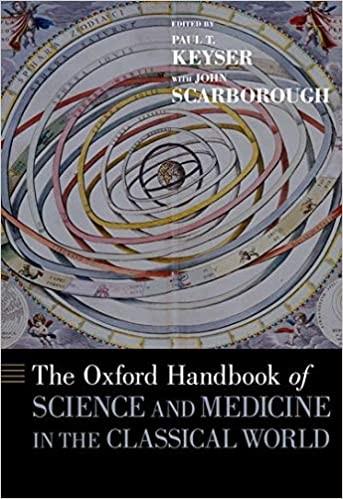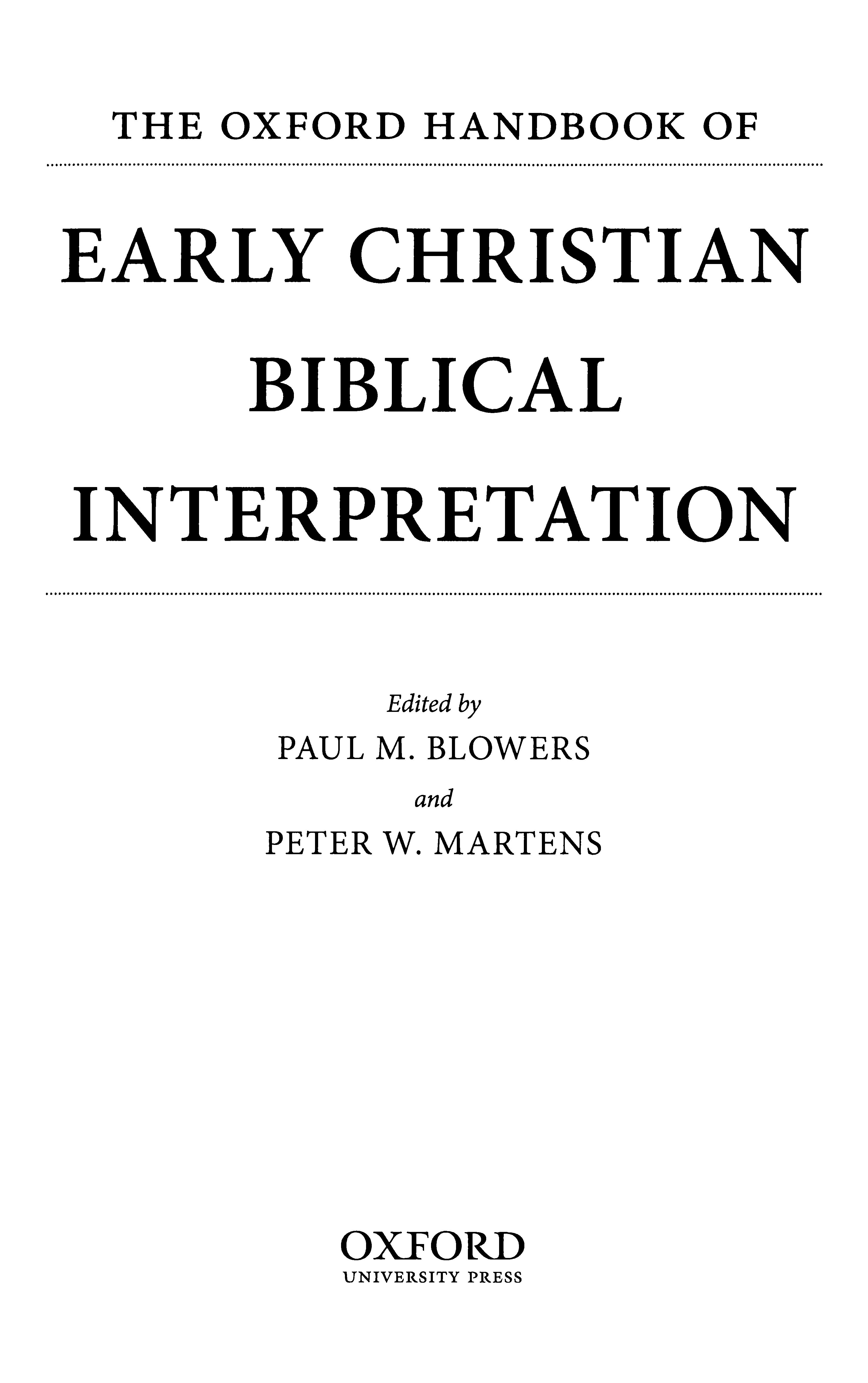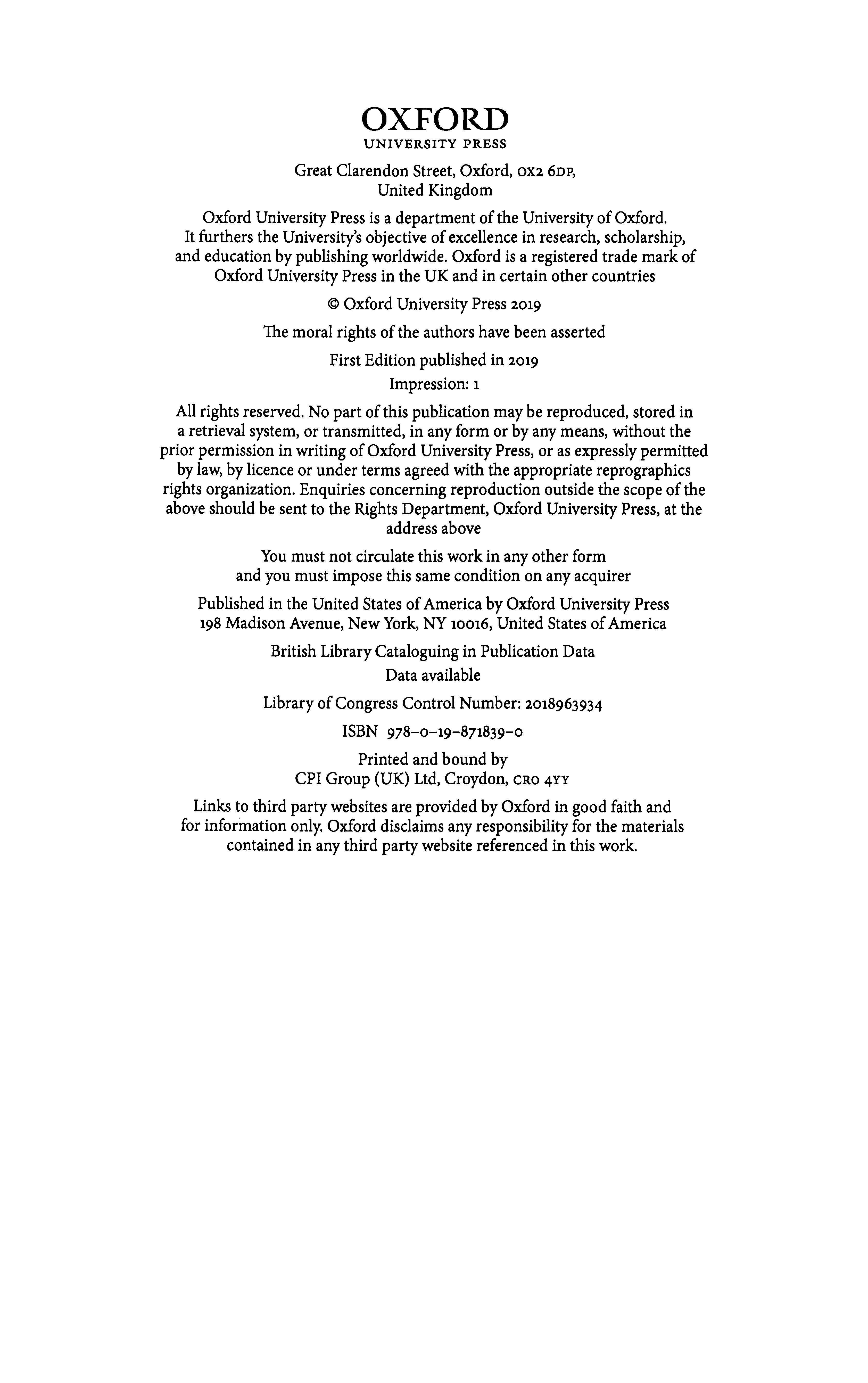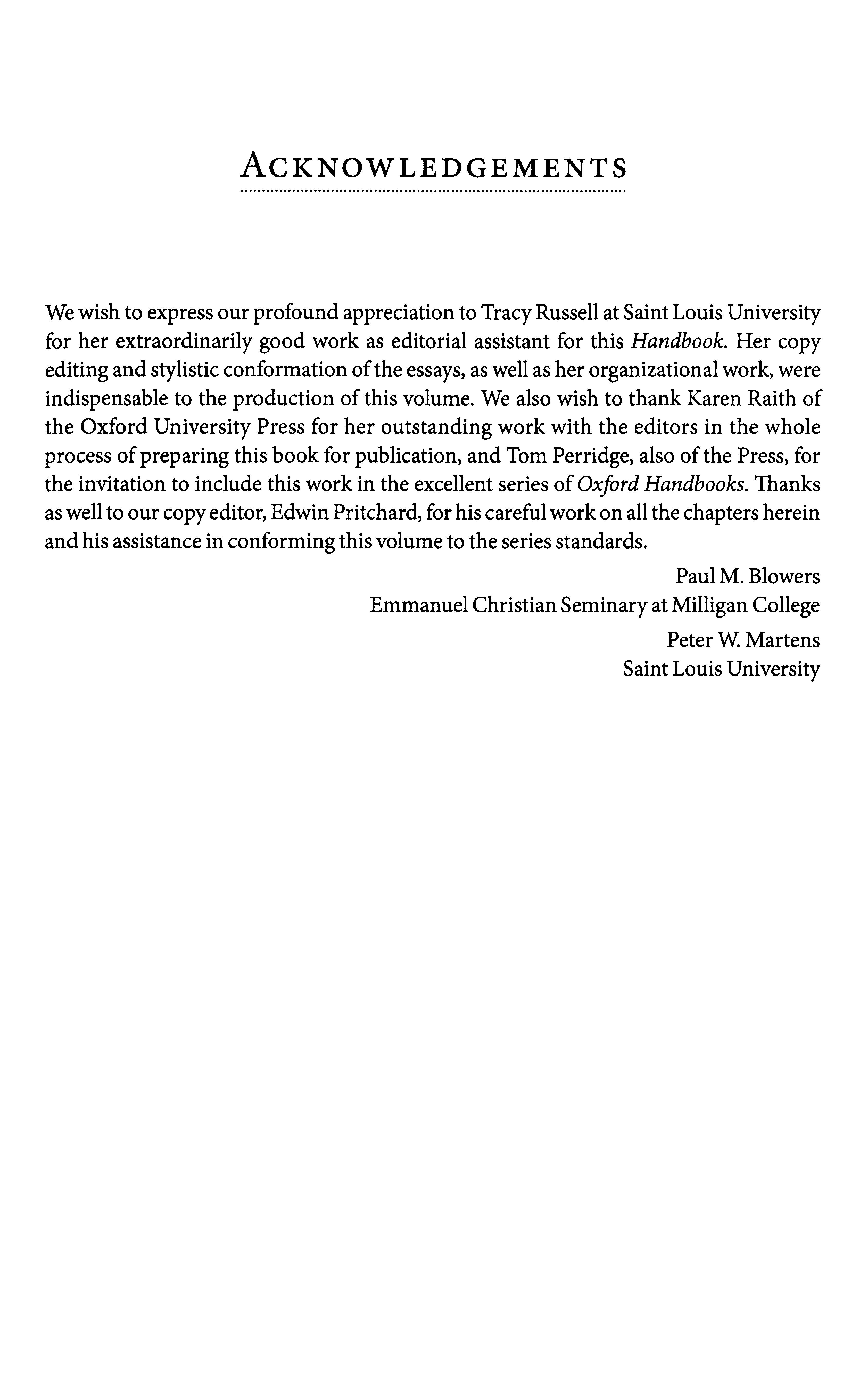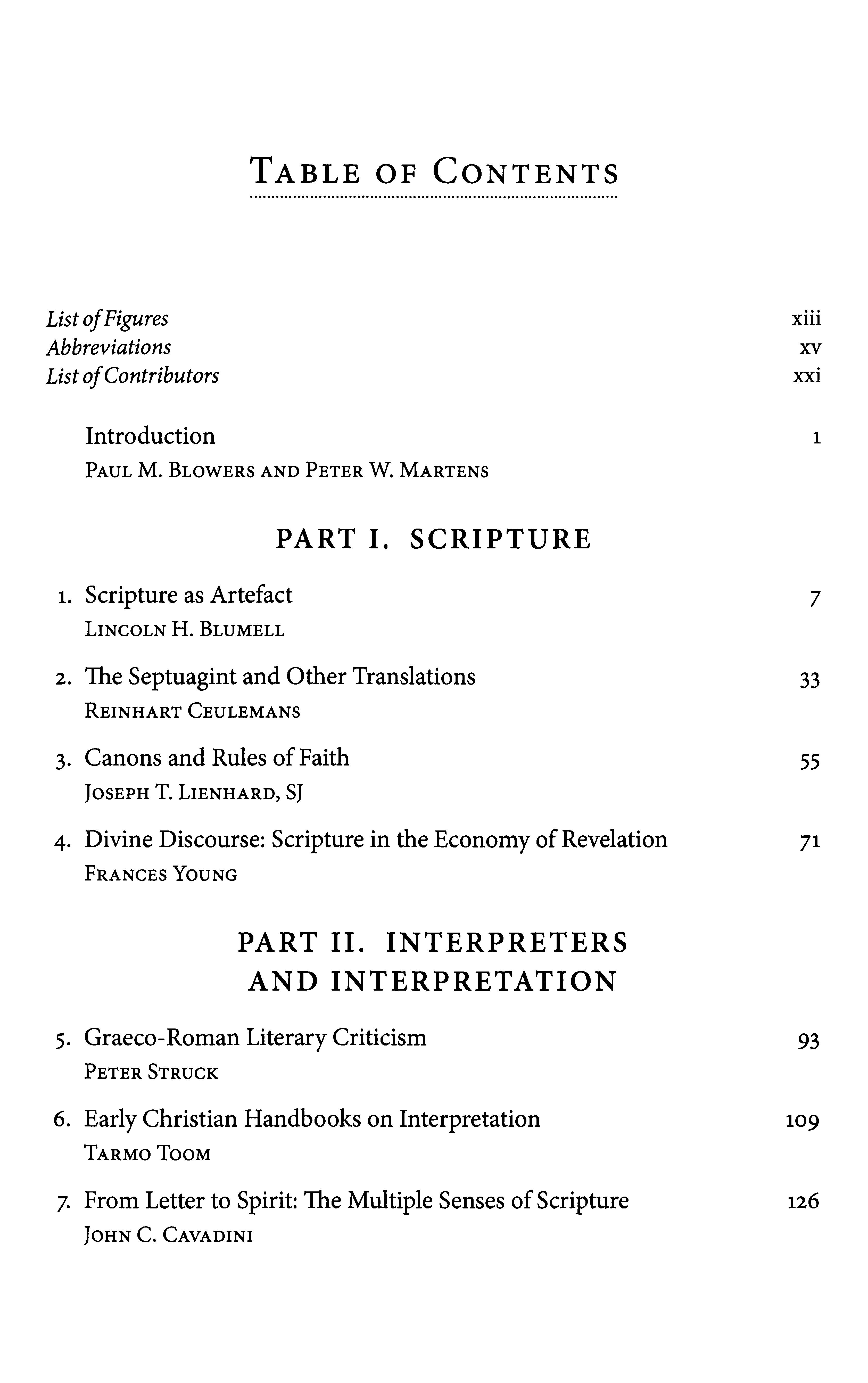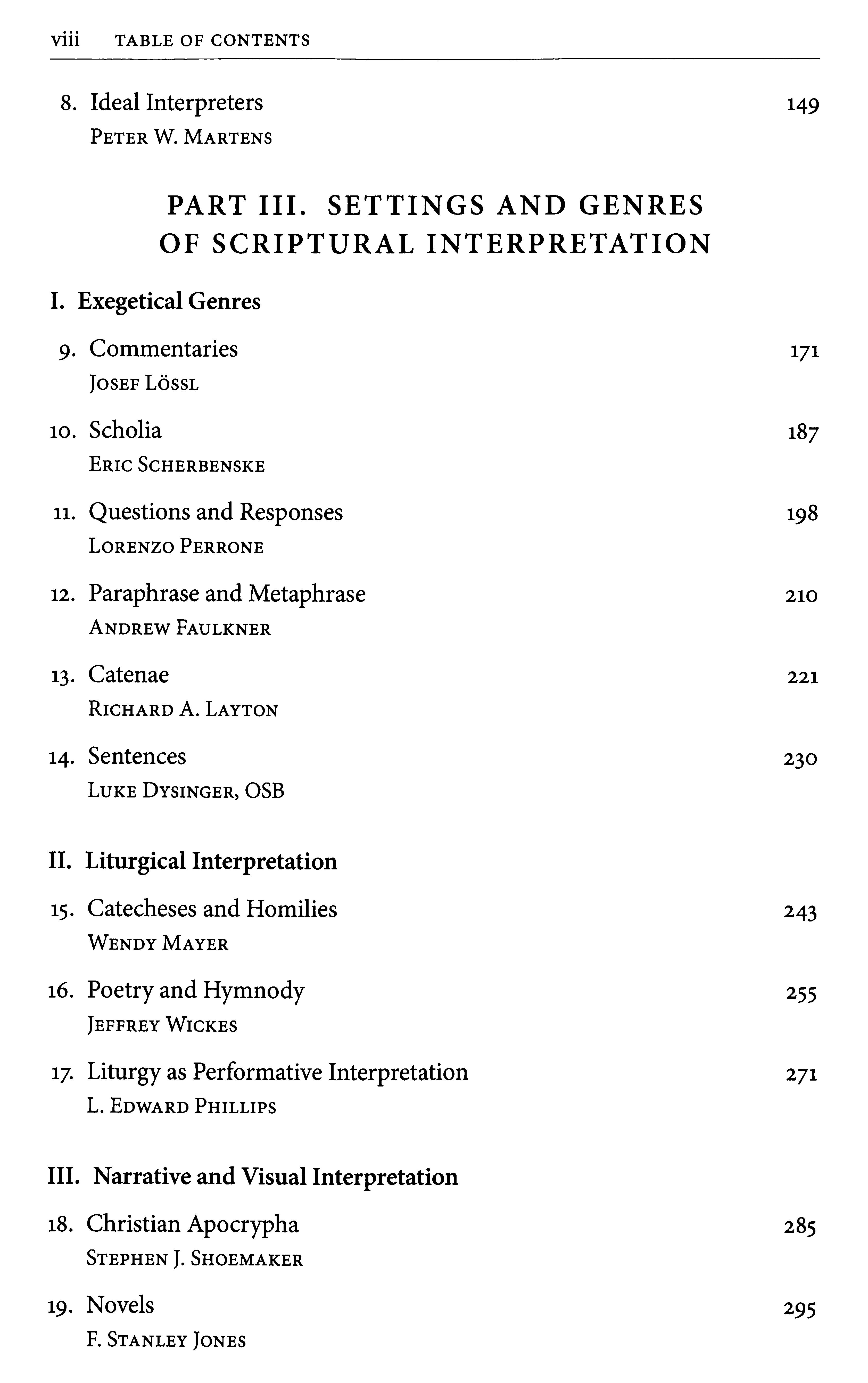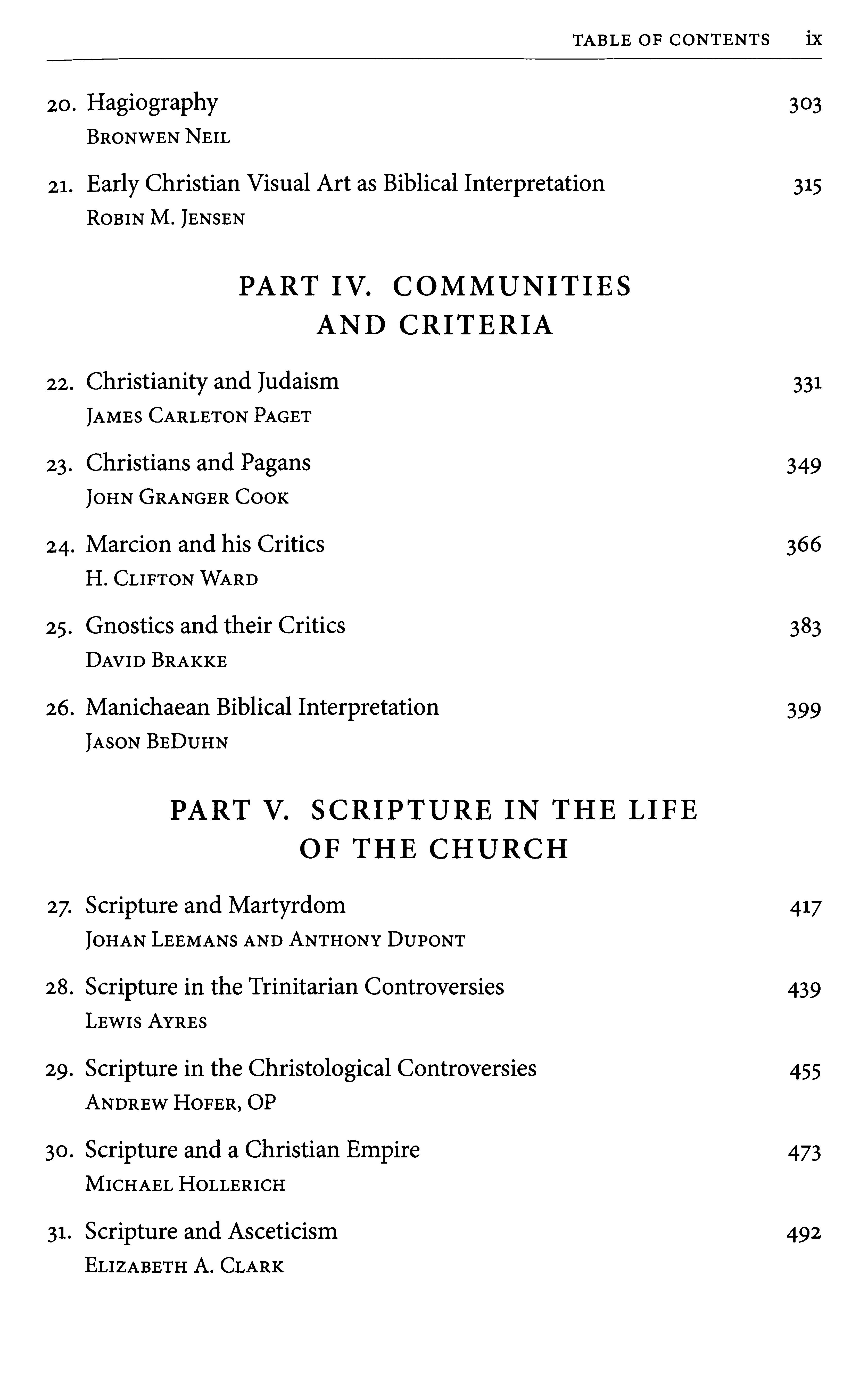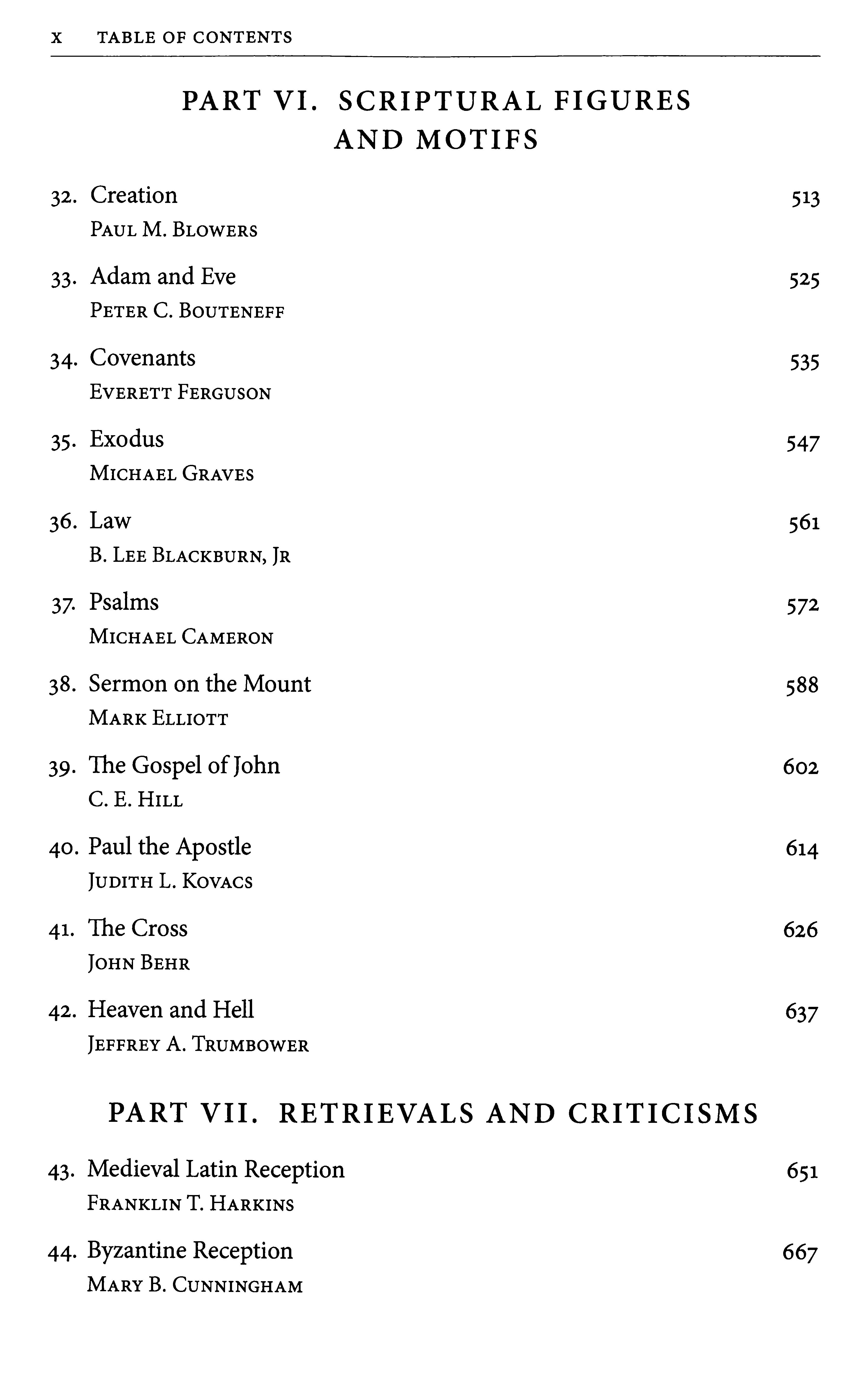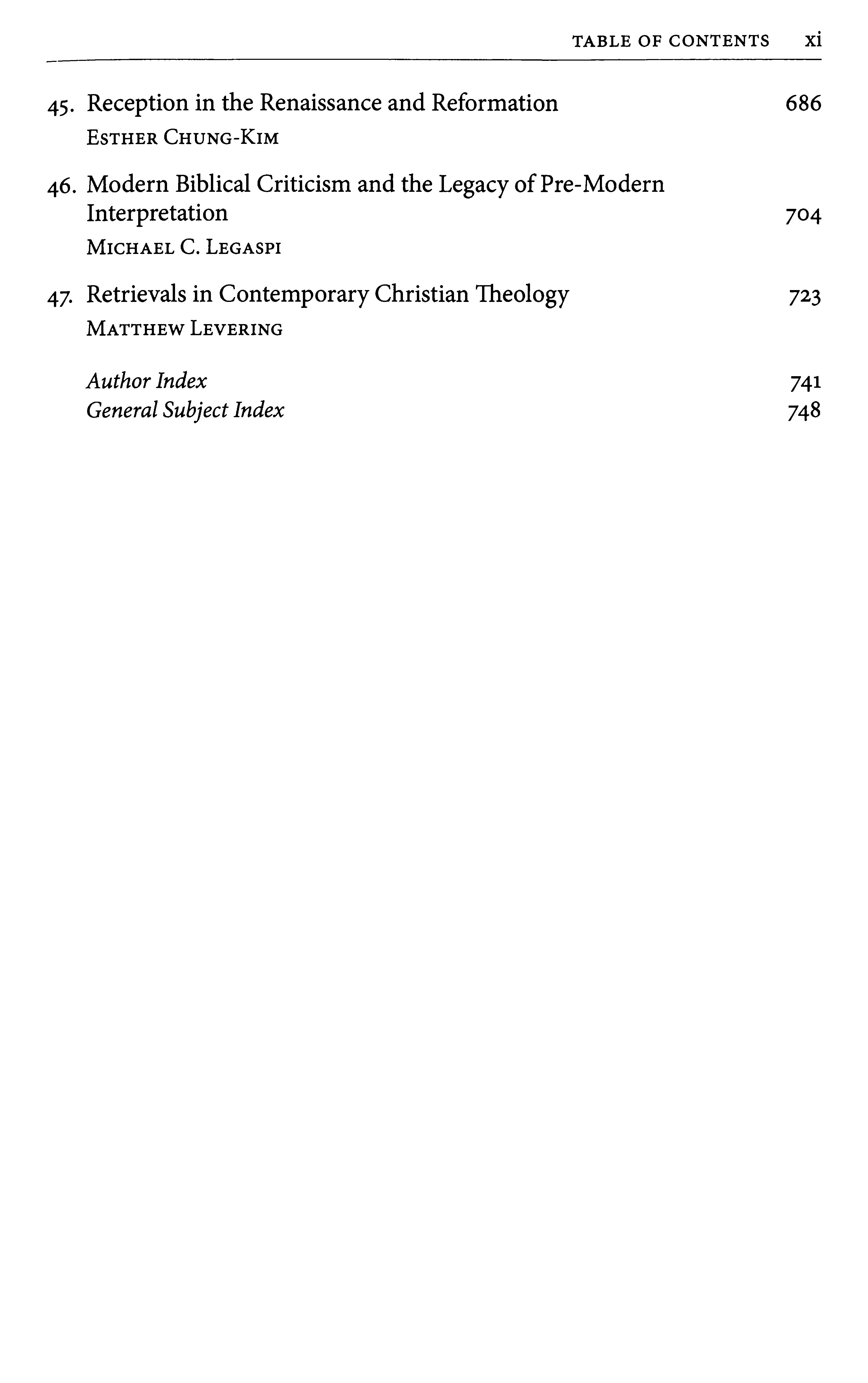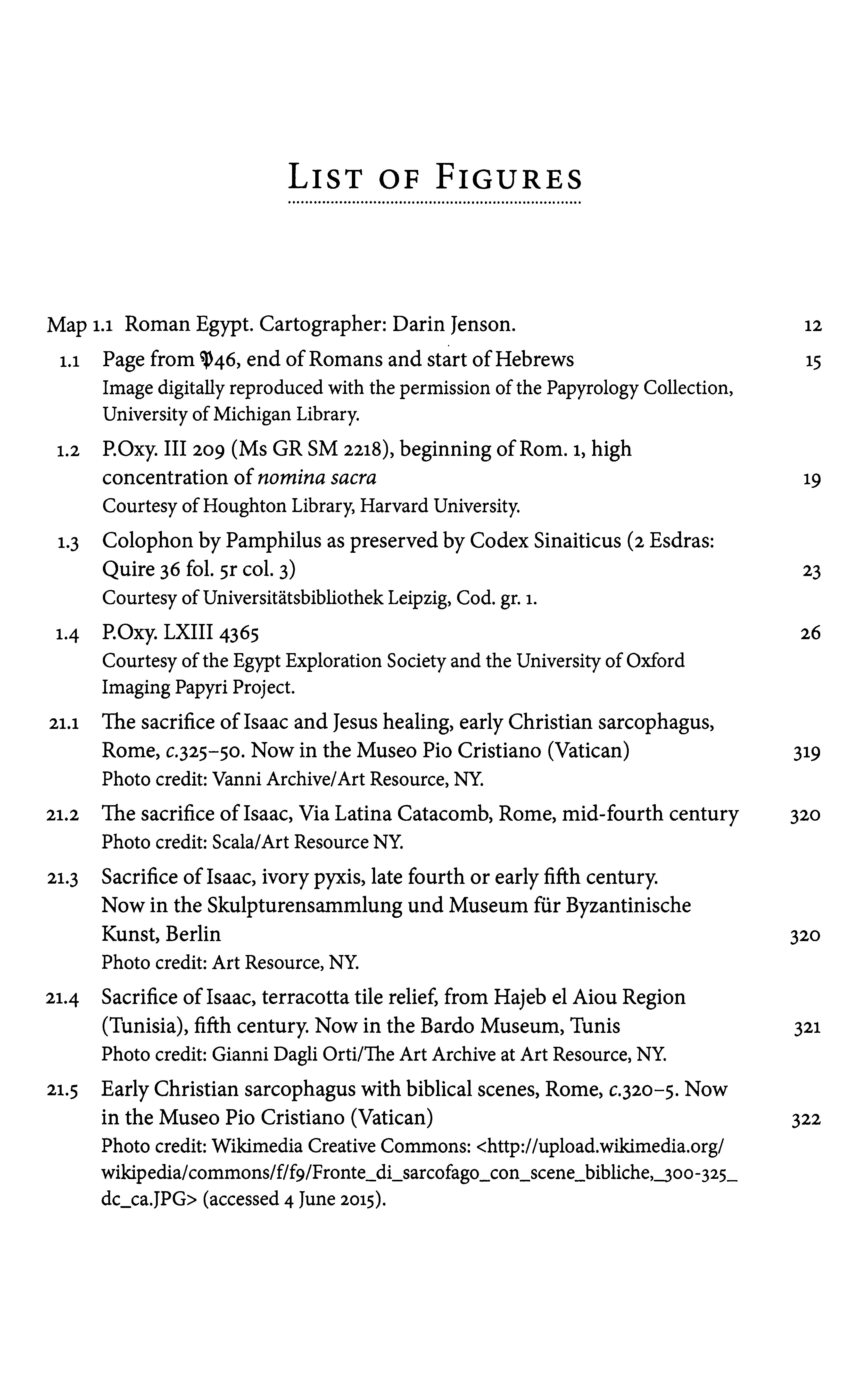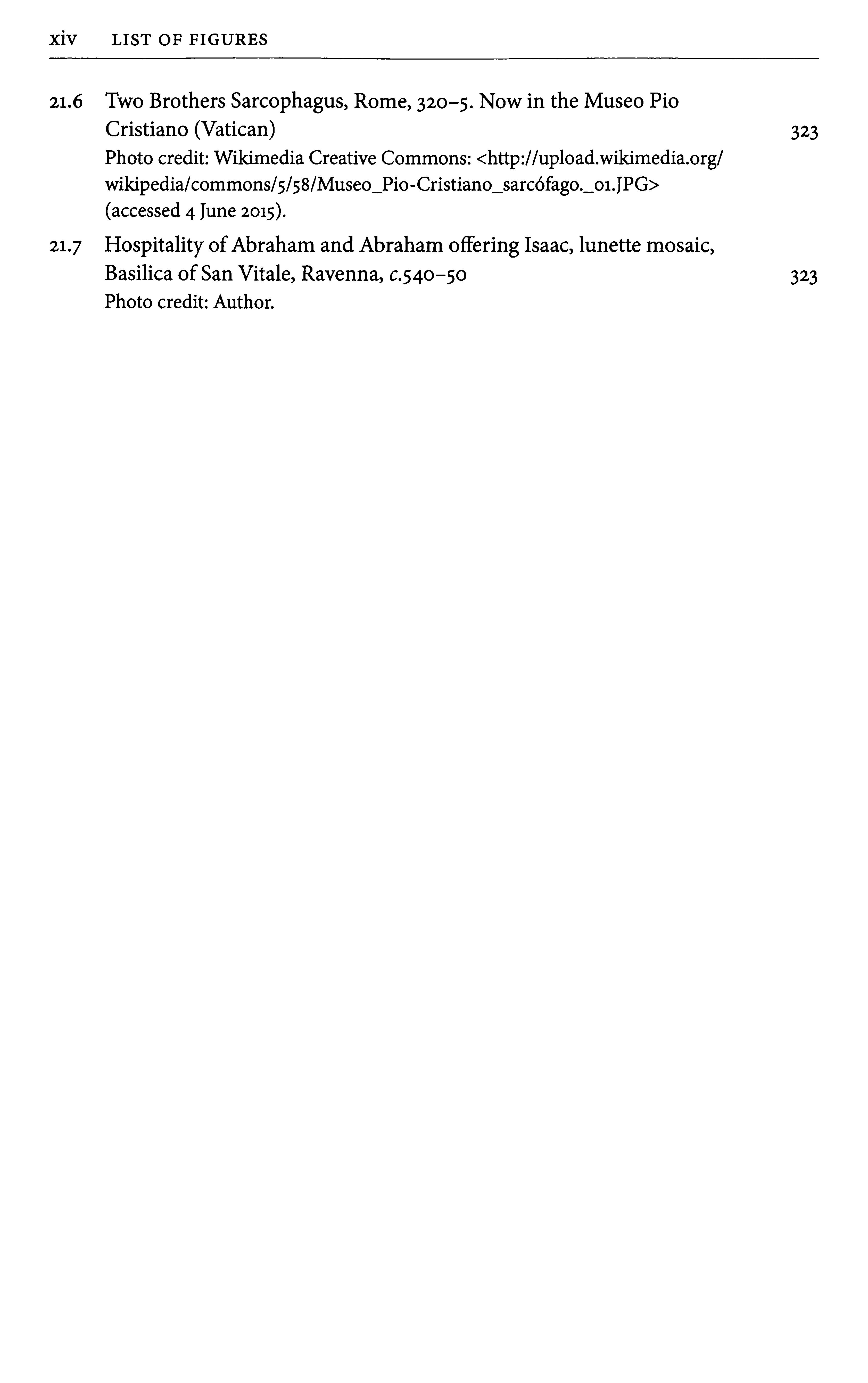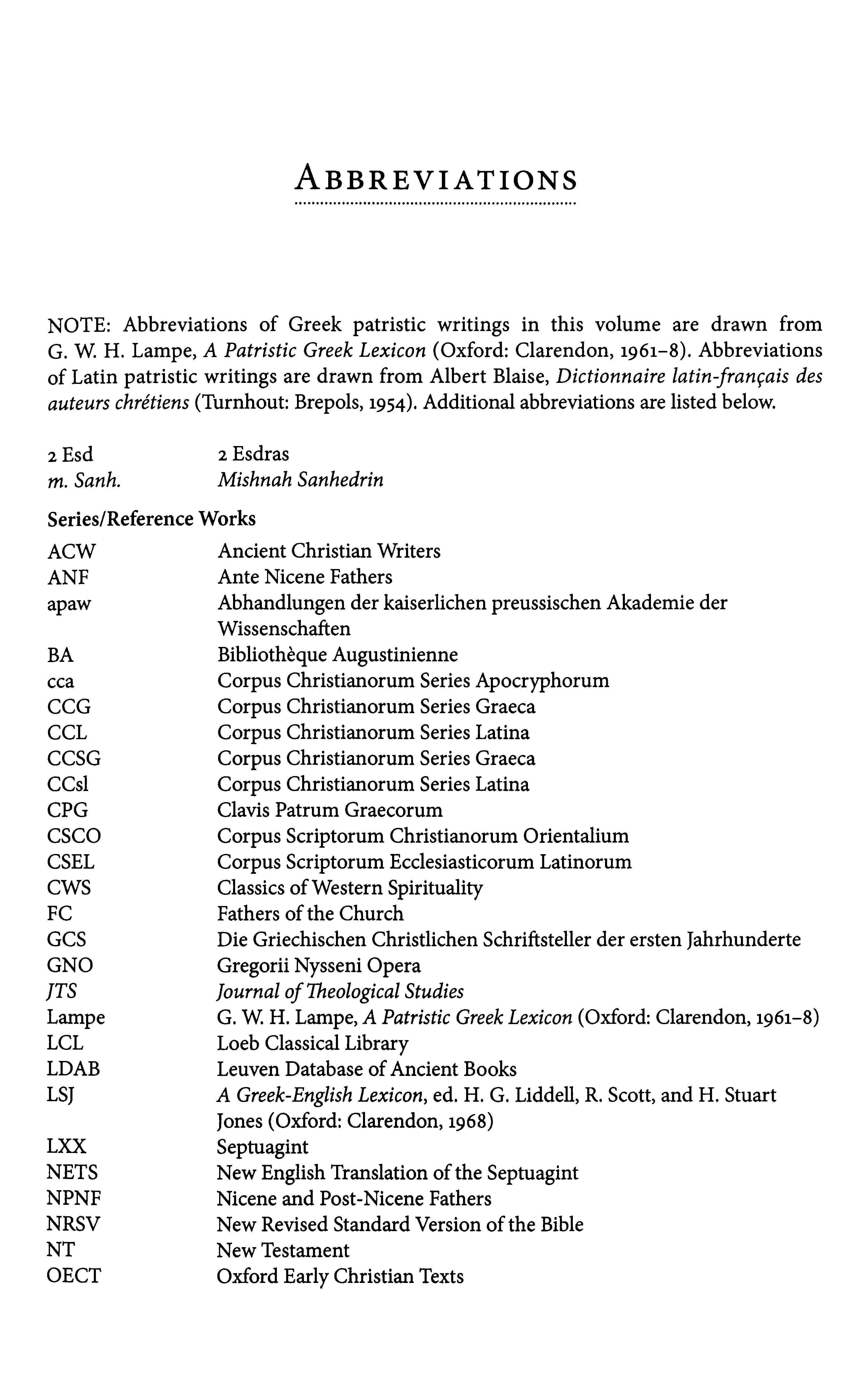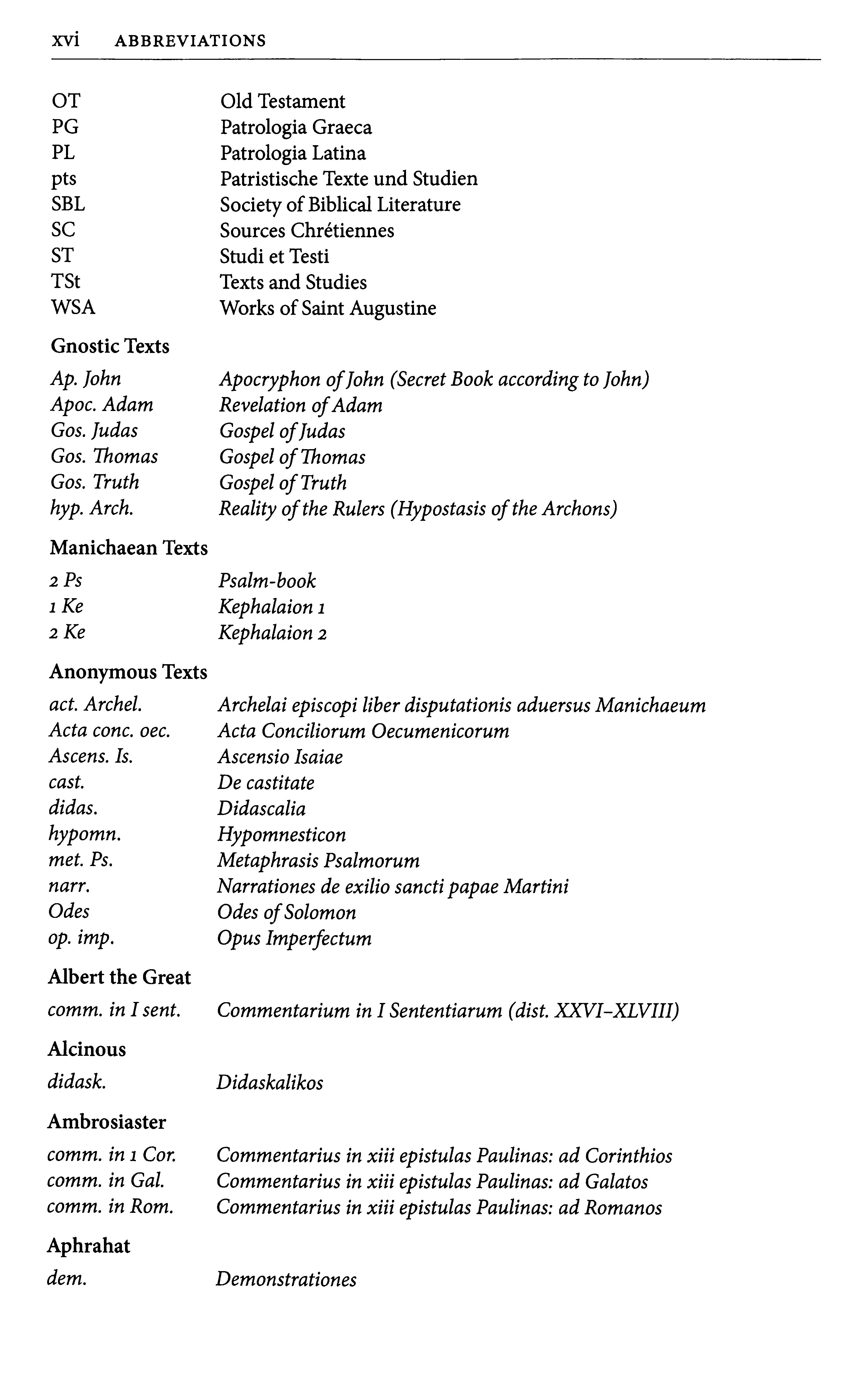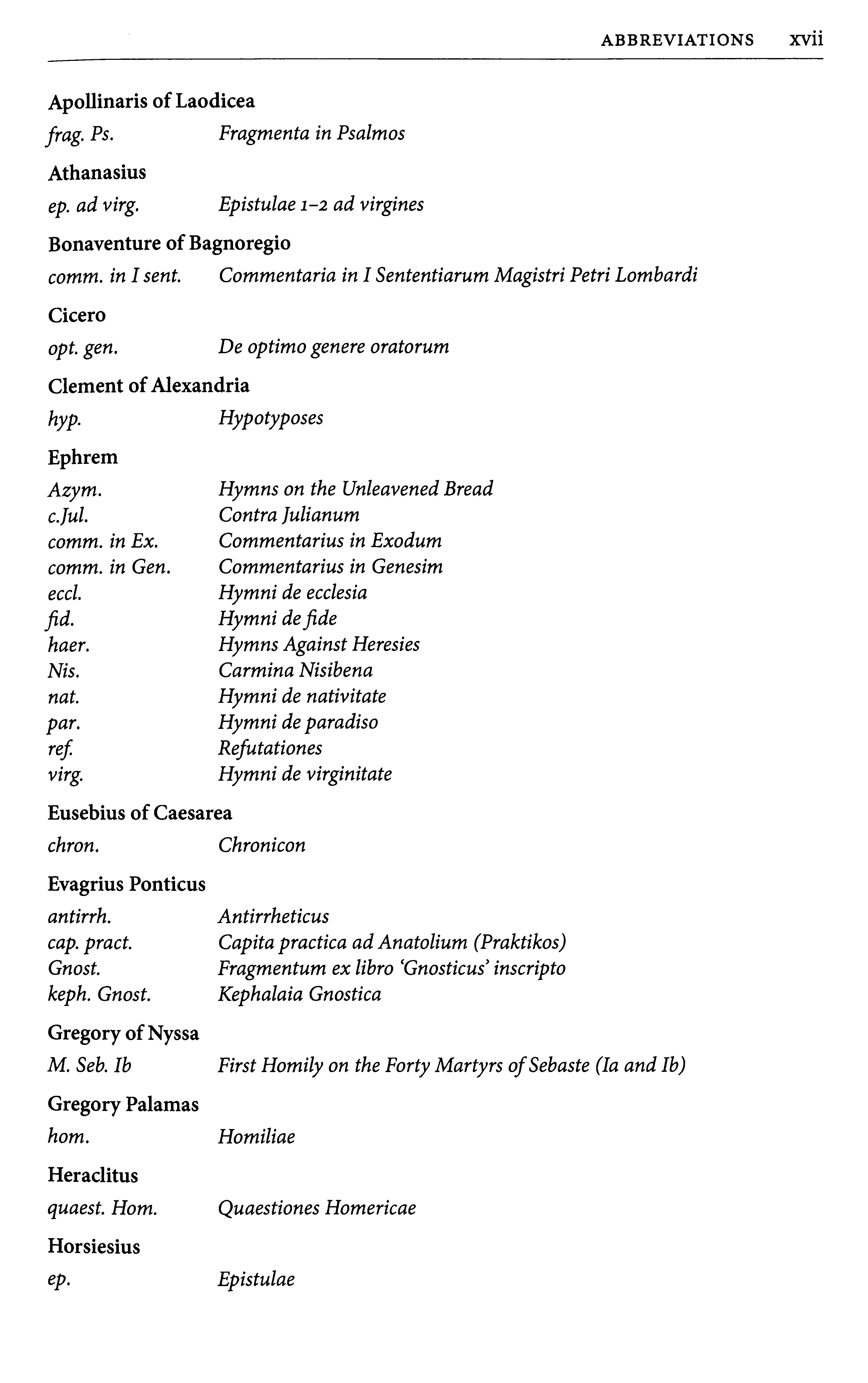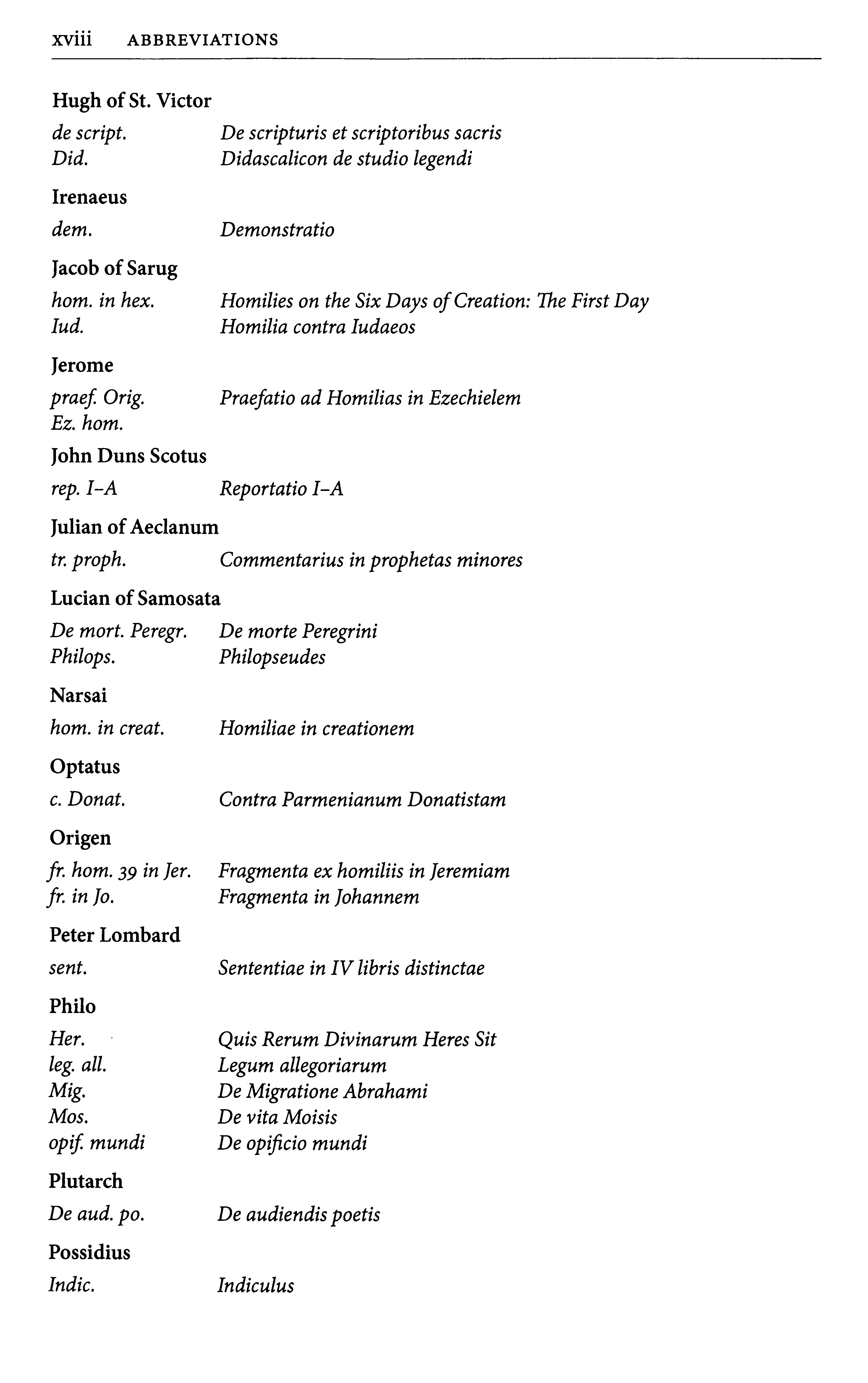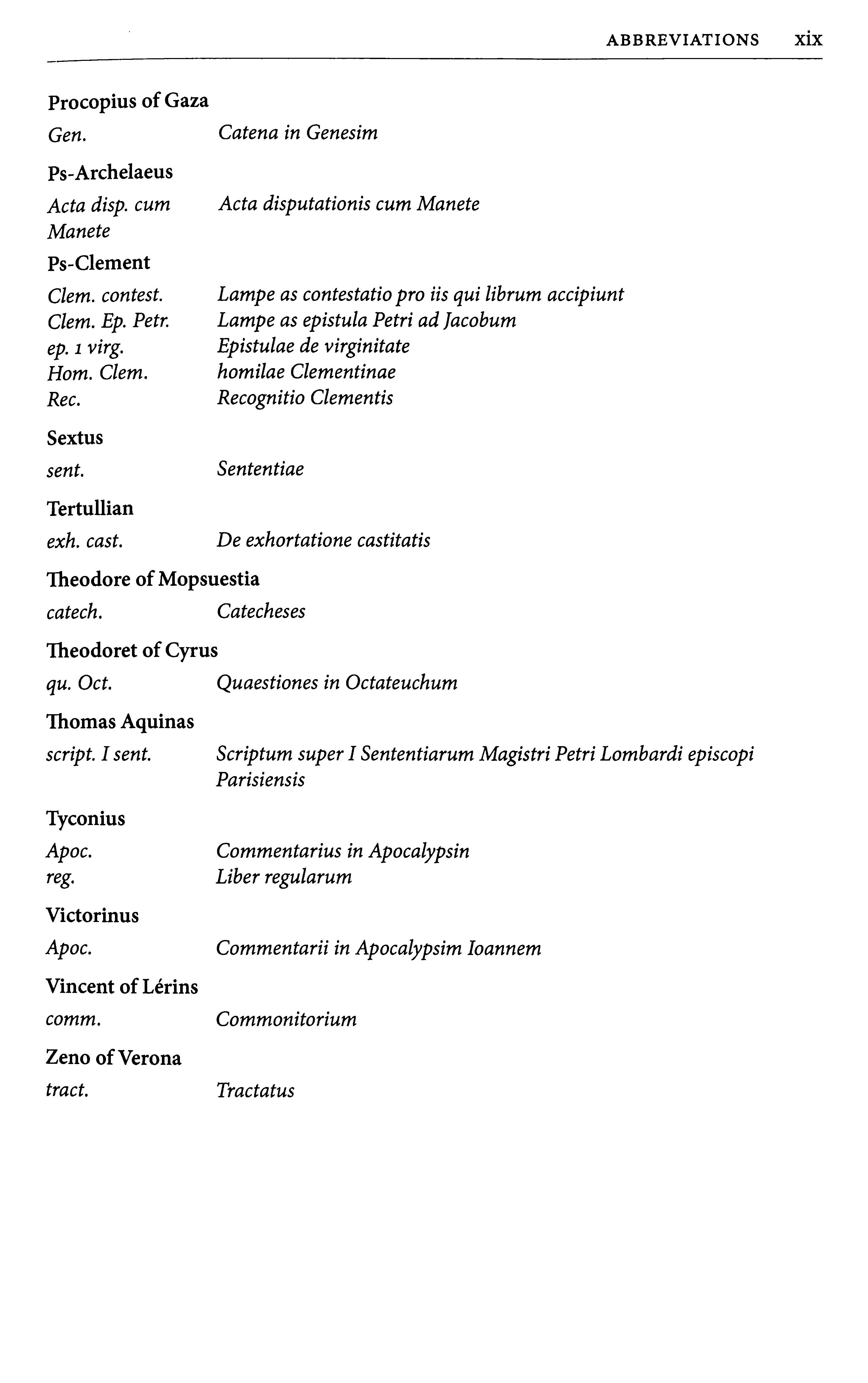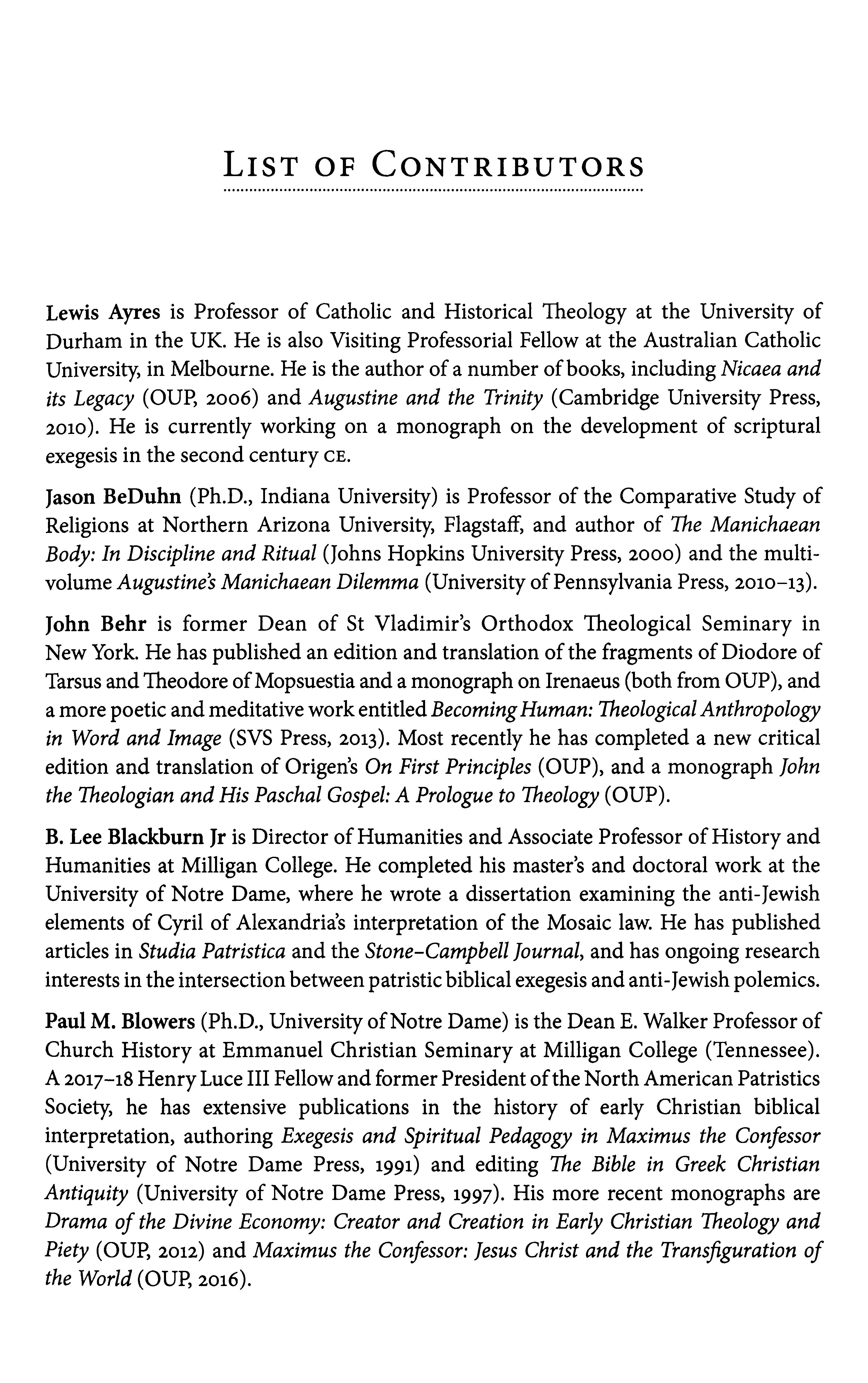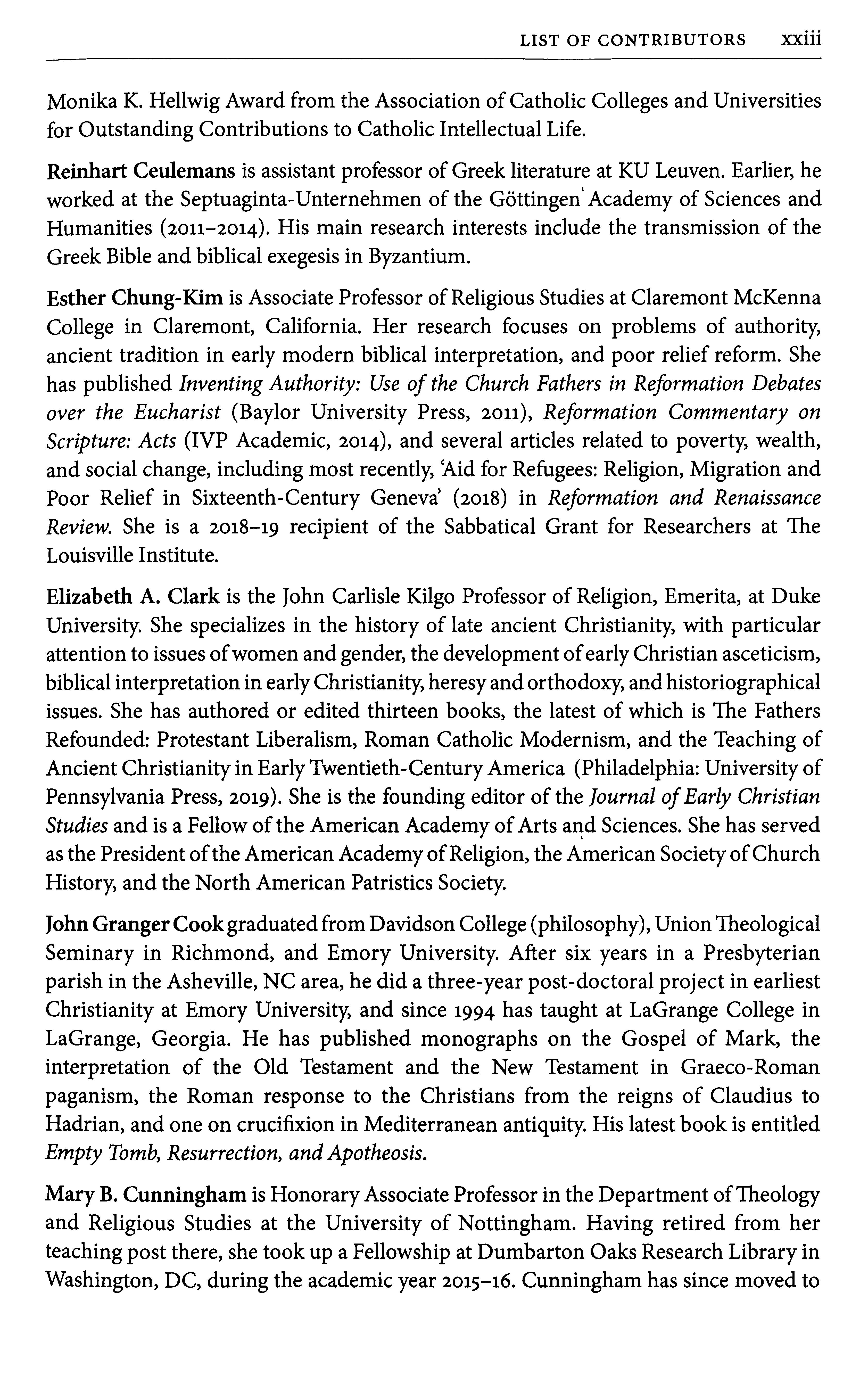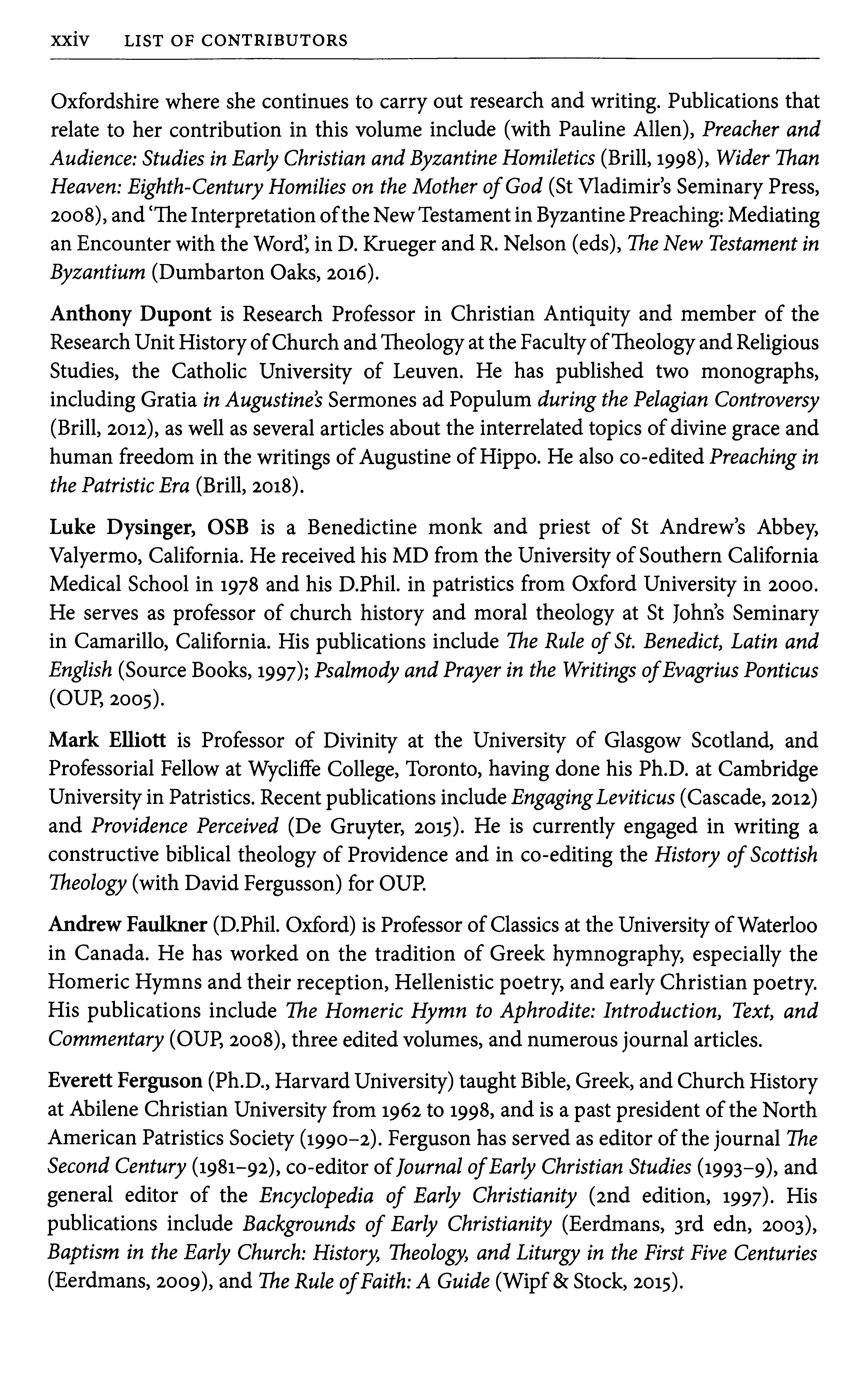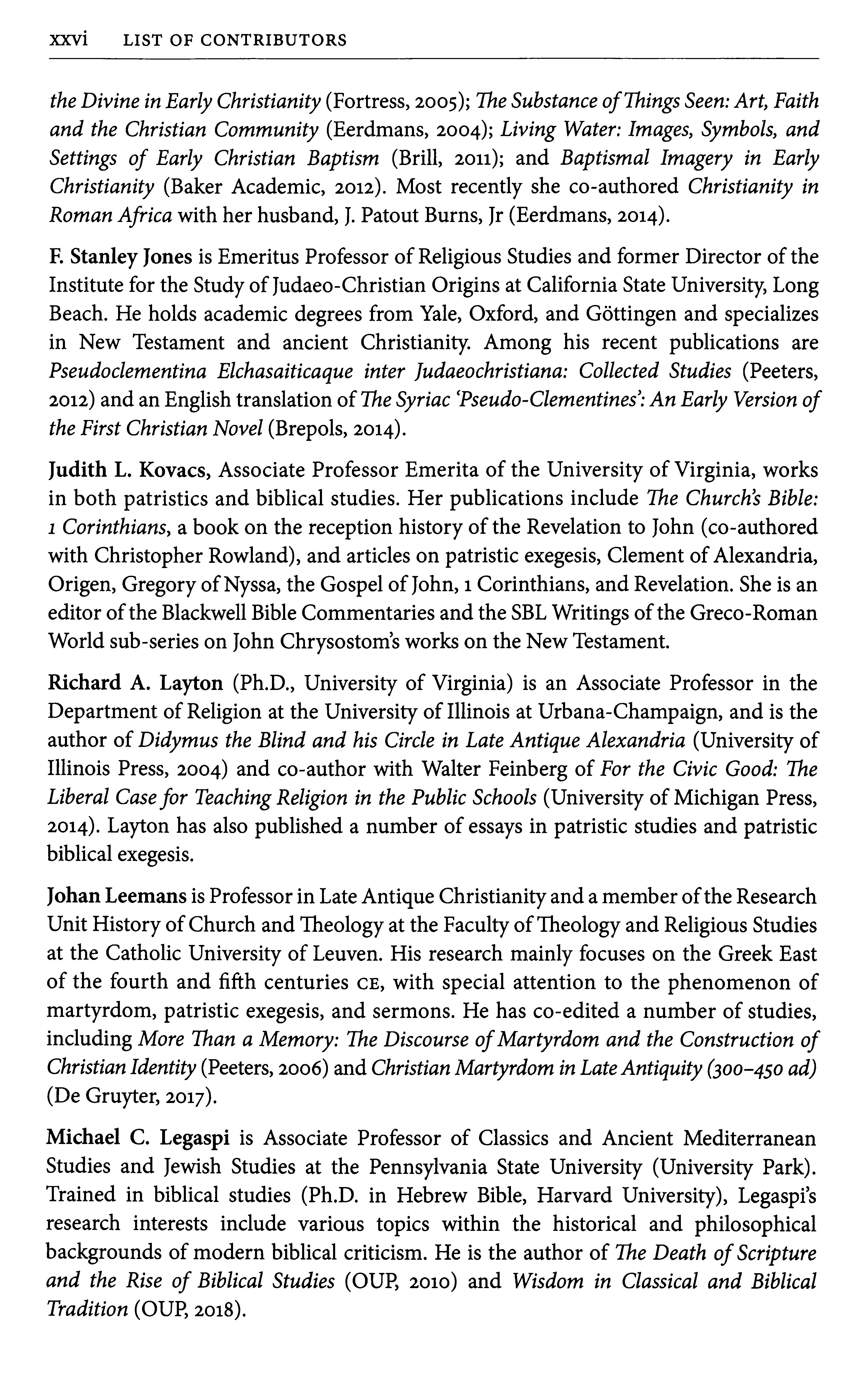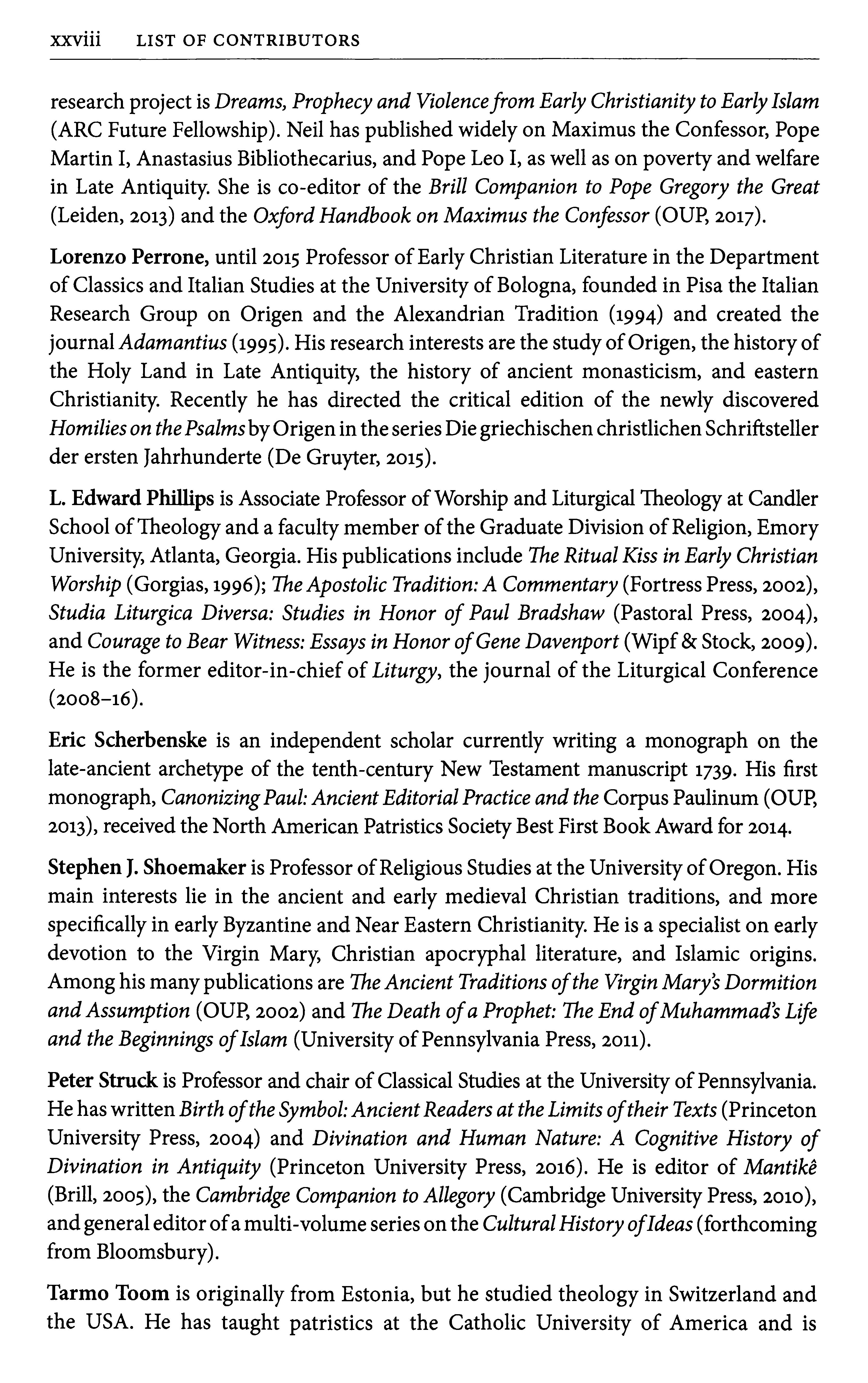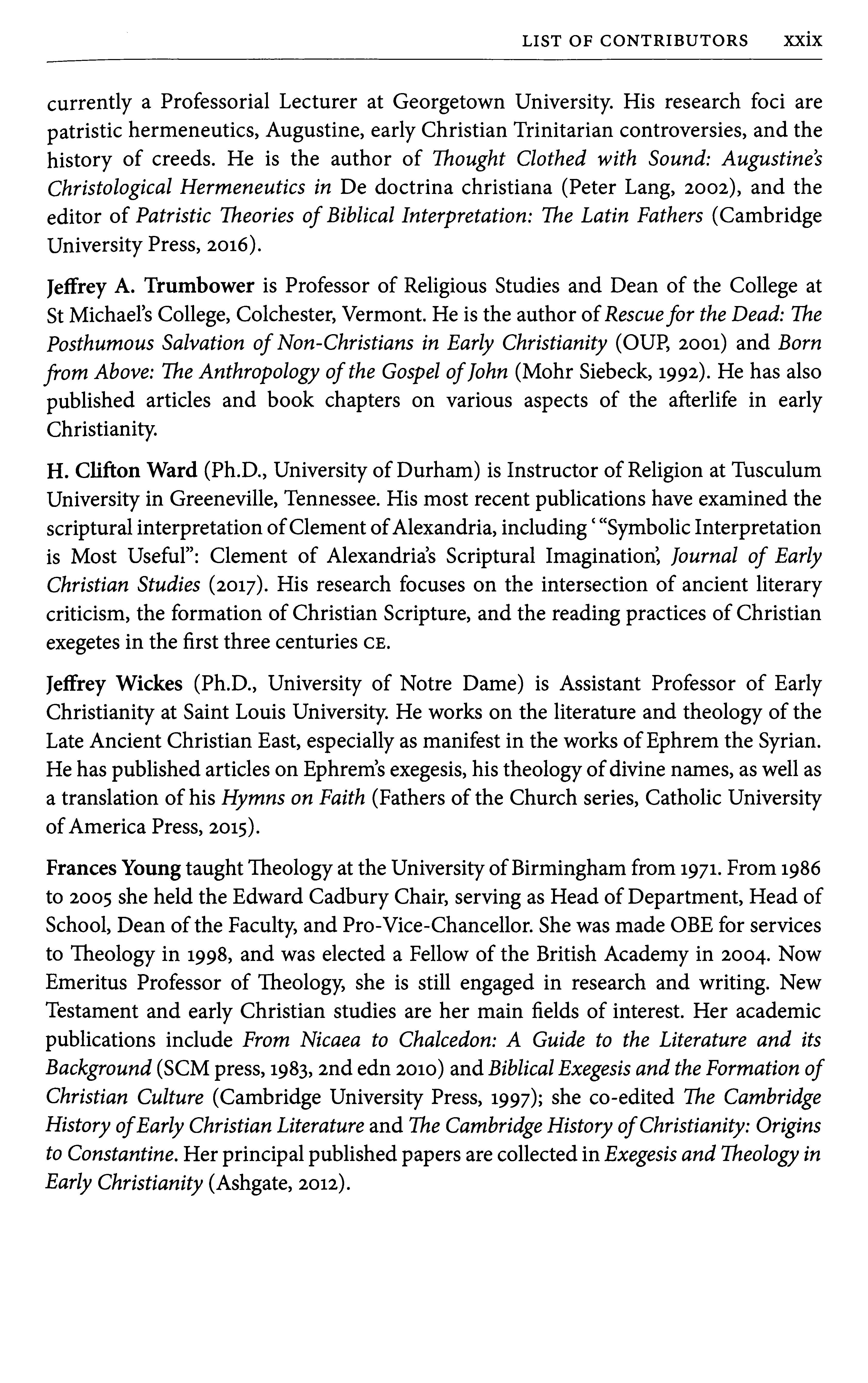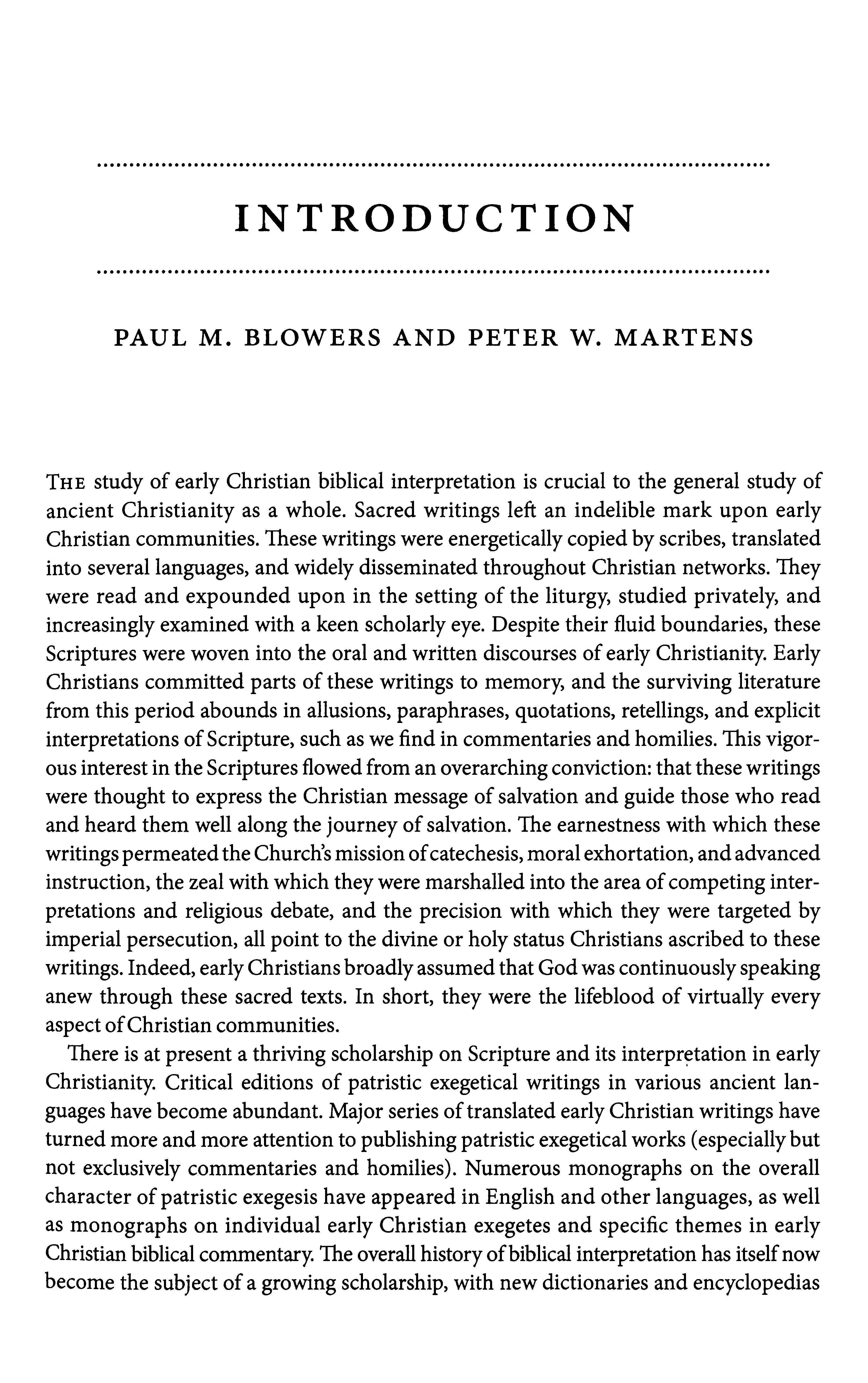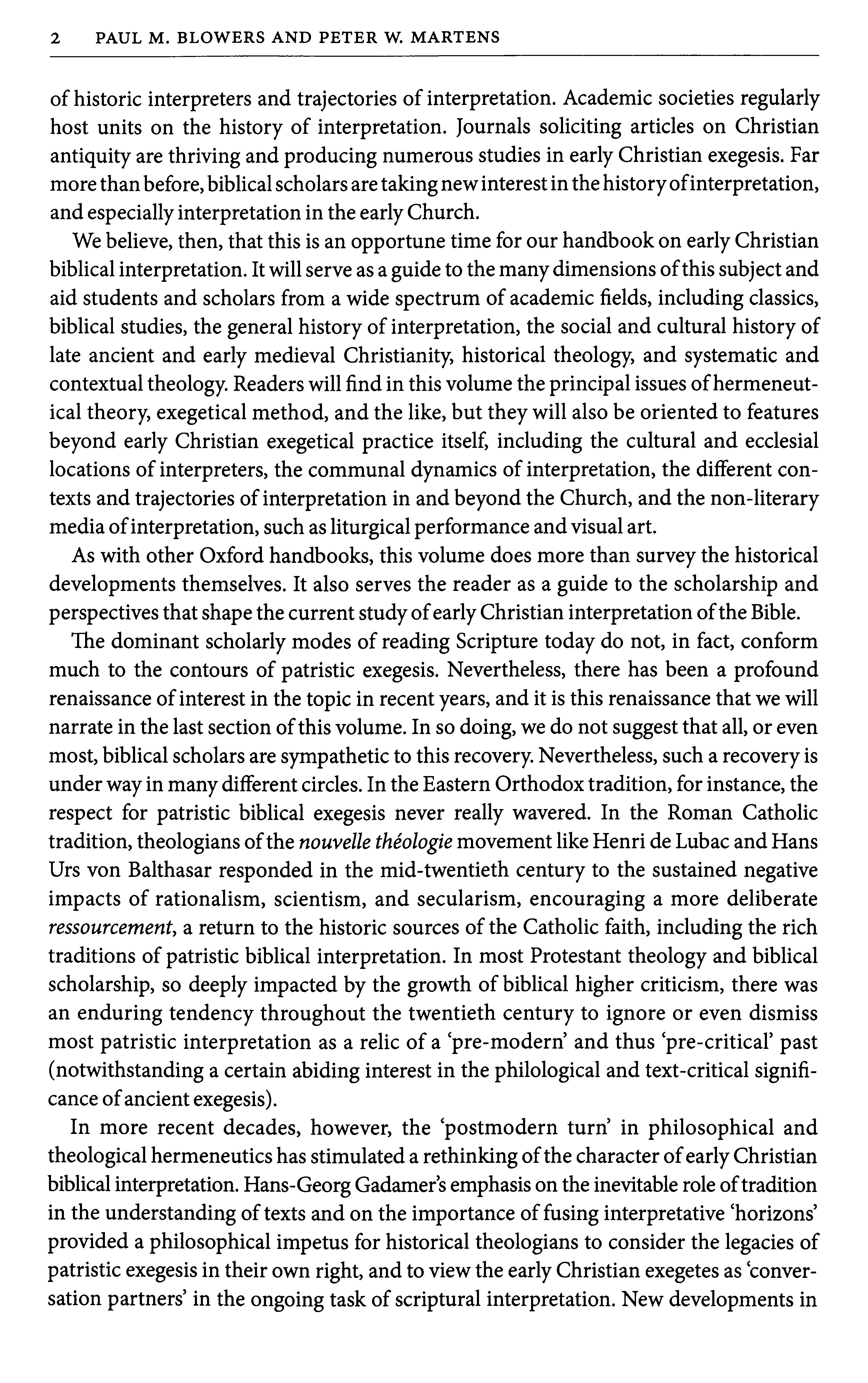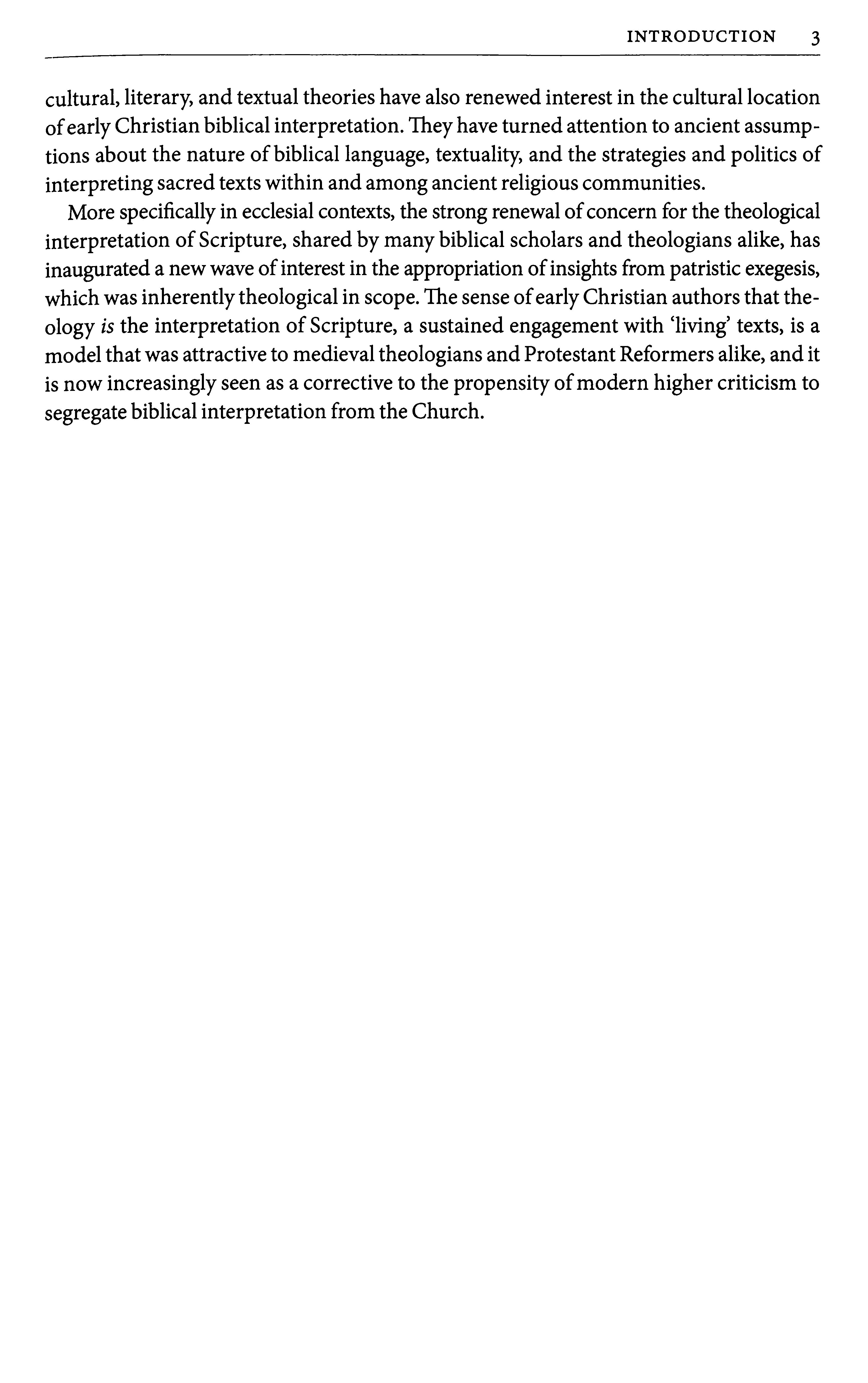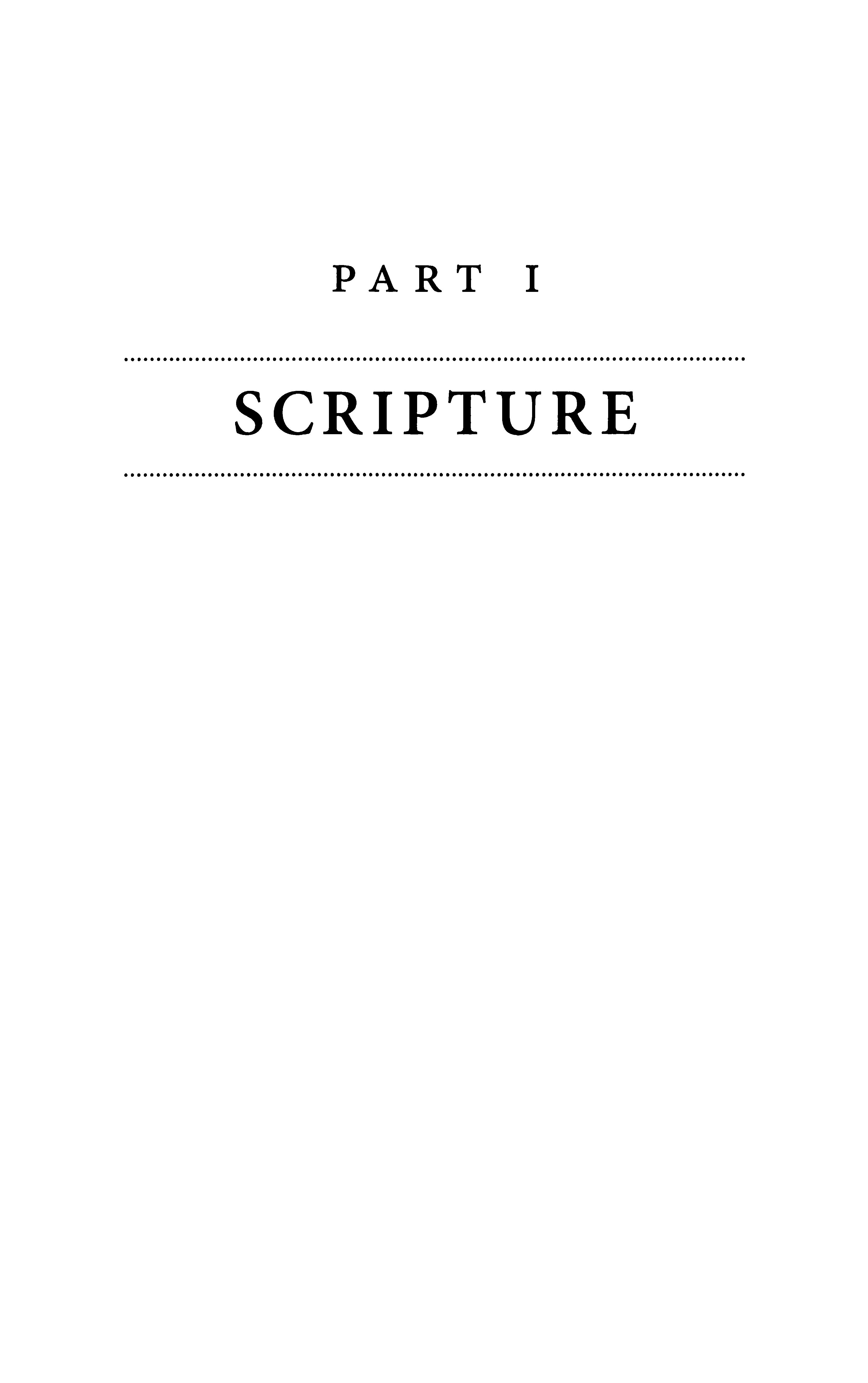LIST OF FIGURES
Map 1.1 Roman Egypt. Cartographer: Darin Jenson.
1.1 Page from ~46, end of Romans and start of Hebrews 15 Image digitally reproduced with the permission of the Papyrology Collection, University of Michigan Library.
1.2 P.Oxy. III 209 (Ms GR SM 2218), beginning of Rom. 1, high concentration of nomina sacra 19
Courtesy of Houghton Library, Harvard University.
1.3 Colophon by Pamphilus as preserved by Codex Sinaiticus (2 Esdras: Quire 36 fol. 5r col. 3) 23
Courtesy of Universitatsbibliothek Leipzig, Cod. gr. 1.
1.4 P.Oxy. LXIII 4365 26
Courtesy of the Egypt Exploration Society and the University of Oxford Imaging Papyri Project.
21.1 The sacrifice of Isaac and Jesus healing, early Christian sarcophagus, Rome, c.325-50. Now in the Museo Pio Cristiano (Vatican) 319
Photo credit: Vanni Archive/ Art Resource, NY.
21.2 The sacrifice oflsaac, Via Latina Catacomb, Rome, mid-fourth century 320
Photo credit: Scala/Art Resource NY.
21.3 Sacrifice of Isaac, ivory pyxis, late fourth or early fifth century. Now in the Skulpturensammlung und Museum filr Byzantinische Kunst, Berlin 320
Photo credit: Art Resource, NY.
21.4 Sacrifice oflsaac, terracotta tile relief, from Hajeb el Aiou Region (Tunisia), fifth century. Now in the Bardo Museum, Tunis 321
Photo credit: Gianni Dagli Orti/The Art Archive at Art Resource, NY.
21.5 Early Christian sarcophagus with biblical scenes, Rome, c.320-5. Now in the Museo Pio Cristiano (Vatican) 322
Photo credit: Wikimedia Creative Commons: <http://upload.wikimedia.org/ wikipedia/commons/f/f9/Fronte_di_sarcofago_con_scene_bibliche,-300-325dc_ca.JPG> (accessed 4 June 2015).
21.6 Two Brothers Sarcophagus, Rome, 320-5. Now in the Museo Pio Cristiano (Vatican)
Photo credit: Wikimedia Creative Commons: <http://upload.wikimedia.org/ wikipedia/ commons/ 5/58/Museo_Pio-Cristiano _sarc6fago._ 01. JPG > (accessed 4 June 2015).
21.7 Hospitality of Abraham and Abraham offering Isaac, lunette mosaic, 323 Basilica of San Vitale, Ravenna, c.540-50
Photo credit: Author.
323
ABBREVIATIONS
NOTE: Abbreviations of Greek patristic writings in this volume are drawn from G. W. H. Lampe, A Patristic Greek Lexicon (Oxford: Clarendon, 1961-8). Abbreviations of Latin patristic writings are drawn from Albert Blaise, Dictionnaire latin-franrais des auteurs chretiens (Turnhout: Brepols, 1954). Additional abbreviations are listed below.
2Esd 2 Esdras
m. Sanh. Mishnah Sanhedrin
Series/Reference Works ACW
Ancient Christian Writers
Ante Nicene Fathers
Abhandlungen der kaiserlichen preussischen Akademie der Wissenschaften
Bibliotheque Augustinienne
Corpus Christianorum Series Apocryphorum
CCG
CCL
CCSG
CCsl
CPG
csco
CSEL
Corpus Christianorum Series Graeca
Corpus Christianorum Series Latina
Corpus Christianorum Series Graeca
Corpus Christianorum Series Latina
Clavis Patrum Graecorum
Corpus Scriptorum Christianorum Orientalium
Corpus Scriptorum Ecclesiasticorum Latinorum
Classics of Western Spirituality
Fathers of the Church
Die Griechischen Christlichen Schriftsteller der ersten Jahrhunderte
Gregorii Nysseni Opera
Journal of Theological Studies
G. W. H. Lampe, A Patristic Greek Lexicon (Oxford: Clarendon, 1961-8)
Loeb Classical Library
Leuven Database of Ancient Books
A Greek-English Lexicon, ed. H. G. Liddell, R. Scott, and H. Stuart
Jones (Oxford: Clarendon, 1968)
Septuagint
New English Translation of the Septuagint
Nicene and Post-Nicene Fathers
New Revised Standard Version of the Bible
New Testament
Oxford Early Christian Texts
OT Old Testament
PG Patrologia Graeca
PL Patrologia Latina
pts Patristische Texte und Studien
SBL Society of Biblical Literature
SC Sources Chretiennes
ST Studi et Testi
TSt Texts and Studies
WSA Works of Saint Augustine
Gnostic Texts
Ap. John
Apoc.Adam
Gas. Judas
Gas. Thomas
Gas. Truth
hyp. Arch.
Manichaean Texts
2 Ps
1 Ke 2Ke
Anonymous Texts
act. Archel. Acta cone. oec.
Ascens. Is. cast. didas. hypomn.
met. Ps. narr. Odes op. imp.
Albert the Great comm. in I sent.
Alcinous didask.
Ambrosiaster
comm. in 1 Car. comm. in Gal. comm. in Rom.
Aphrahat dem.
Apocryphon of John (Secret Book according to John)
Revelation of Adam Gospel of Judas
Gospel of Thomas Gospel of Truth
Reality of the Rulers (Hypostasis of the Archons)
Psalm-book
Kephalaion 1
Kephalaion 2
Archelai episcopi liber disputationis aduersus Manichaeum Acta Conciliorum Oecumenicorum
Ascensio Isaiae
De castitate
Didascalia
Hypomnesticon
Metaphrasis Psalmorum
Narrationes de exilio sancti papae Martini
Odes of Solomon Opus Imperfectum
Commentarium in I Sententiarum (dist. XXVI-XLVIII)
Didaskalikos
Commentarius in xiii epistulas Paulinas: ad Corinthios
Commentarius in xiii epistulas Paulinas: ad Galatos
Commentarius in xiii epistulas Paulinas: ad Romanos
Demonstrationes
Apollinaris of Laodicea
frag. Ps. Fragrnenta in Psalrnos
Athanasius
ep. ad virg. Epistulae 1-2 ad virgines
Bonaventure of Bagnoregio
comm. in I sent.
Cicero
Cornrnentaria in I Sententiarurn Magistri Petri Lombardi
opt. gen. De optima genere oratorurn
Clement of Alexandria
hyp. Hypotyposes
Ephrem
Azyrn. c.Jul.
comm. in Ex. comm. in Gen. eccl. fid. haer.
Nis. nat. par. ref
virg.
Hymns on the Unleavened Bread
Contra Julianurn
Cornrnentarius in Exodurn
Cornrnentarius in Genesirn
Hyrnni de ecclesia
Hyrnni de fide
Hymns Against Heresies
Carmina Nisibena
Hyrnni de nativitate
Hyrnni de paradiso
Refutationes
Hyrnni de virginitate
Eusebius of Caesarea
chron.
Evagrius Ponticus antirrh.
cap. pract. Gnost.
keph. Gnost.
Gregory of Nyssa
M. Seb. lb
Gregory Palamas horn.
Heraclitus quaest. Horn.
Horsiesius
ep.
Chronicon
Antirrheticus
Capita practica ad Anatoliurn (Praktikos)
Fragrnenturn ex libro 'Gnosticus' inscripto
Kephalaia Gnostica
First Homily on the Forty Martyrs of Sebaste (Ja and lb)
Horniliae
Quaestiones Hornericae
Epistulae
Hugh of St. Victor de script. Did.
Irenaeus dem.
Jacob ofSarug horn. in hex. Iud.
Jerome praef Orig. Ez. horn.
John Duns Scotus rep. I-A
Julian of Aeclanum tr. proph.
Lucian of Samosata
De mart. Peregr. Philops.
Narsai horn. in creat.
Optatus
c. Donat.
Origen
fr. horn. 39 in Jer. fr. in Jo.
Peter Lombard sent.
Philo Her. leg. all.
Mig. Mos. opif. mundi
Plutarch
De aud.po.
Possidius
Indic.
De scripturis et scriptoribus sacris
Didascalicon de studio legendi
Demonstratio
Homilies on the Six Days of Creation: The First Day Homilia contra Iudaeos
Praefatio ad Homilias in Ezechielem
Reportatio I-A
Commentarius in prophetas minores
De morte Peregrini Philopseudes
Homiliae in creationem
Contra Parmenianum Donatistam
Fragmenta ex homiliis in Jeremiam Fragmenta in Johannem
Sententiae in IV libris distinctae
Quis Rerum Divinarum Heres Sit
Legum allegoriarum
De Migratione Abrahami
De vita Moisis
De opificio mundi
De audiendis poetis
Indiculus
Procopius of Gaza
Gen. Catena in Genesim
Ps-Archelaeus
Acta disp. cum Manete
Ps-Clement
Clem. contest.
Clem. Ep. Petr. ep. 1 virg. Hom. Clem.
Ree. Sextus sent.
Tertullian exh. cast.
Acta disputationis cum Manete
Lampe as contestatio pro iis qui librum accipiunt
Lampe as epistula Petri ad Jacobum
Epistulae de virginitate
homilae Clementinae
Recognitio Clementis
Sententiae
De exhortatione castitatis
Theodore of Mopsuestia catech. Catecheses
Theodoret of Cyrus qu. Oct.
Thomas Aquinas script. I sent.
Tyconius
Apoc. reg. Victorinus
Apoc.
Vincent of Lerins comm.
Zeno of Verona tract.
Quaestiones in Octateuchum
Scriptum super I Sententiarum Magistri Petri Lombardi episcopi Parisiensis
Commentarius in Apocalypsin Liber regularum
Commentarii in Apocalypsim Ioannem
Commonitorium
Tractatus
LIST OF CONTRIBUTORS
Lewis Ayres is Professor of Catholic and Historical Theology at the University of Durham in the UK. He is also Visiting Professorial Fellow at the Australian Catholic University, in Melbourne. He is the author of a number of books, including Nicaea and its Legacy (OUP, 2006) and Augustine and the Trinity (Cambridge University Press, 2010 ). He is currently working on a monograph on the development of scriptural exegesis in the second century CE.
Jason BeDuhn (Ph.D., Indiana University) is Professor of the Comparative Study of Religions at Northern Arizona University, Flagstaff, and author of The Manichaean Body: In Discipline and Ritual (Johns Hopkins University Press, 2000) and the multivolume Augustine's Manichaean Dilemma (University of Pennsylvania Press, 2010-13).
John Behr is former Dean of St Vladimir's Orthodox Theological Seminary in New York. He has published an edition and translation of the fragments of Diodore of Tarsus and Theodore of Mopsuestia and a monograph on Irenaeus (both from OUP), and a more poetic and meditative work entitled Becoming Human: Theological Anthropology in Word and Image (SVS Press, 2013). Most recently he has completed a new critical edition and translation of Origen's On First Principles (OUP), and a monograph John the Theologian and His Paschal Gospel: A Prologue to Theology (OUP).
B. Lee Blackburn Jr is Director of Humanities and Associate Professor of History and Humanities at Milligan College. He completed his master's and doctoral work at the University of Notre Dame, where he wrote a dissertation examining the anti- Jewish elements of Cyril of Alexandria's interpretation of the Mosaic law. He has published articles in Studia Patristica and the Stone-Campbell Journal, and has ongoing research interests in the intersection between patristic biblical exegesis and anti-Jewish polemics.
Paul M. Blowers (Ph.D., University of Notre Dame) is the Dean E. Walker Professor of Church History at Emmanuel Christian Seminary at Milligan College (Tennessee).
A 2017-18 Henry Luce III Fellow and former President of the North American Patristics Society, he has extensive publications in the history of early Christian biblical interpretation, authoring Exegesis and Spiritual Pedagogy in Maximus the Confessor (University of Notre Dame Press, 1991) and editing The Bible in Greek Christian Antiquity (University of Notre Dame Press, 1997). His more recent monographs are Drama of the Divine Economy: Creator and Creation in Early Christian Theology and Piety (OUP, 2012) and Maximus the Confessor: Jesus Christ and the Trans.figuration of the World (OUP, 2016).
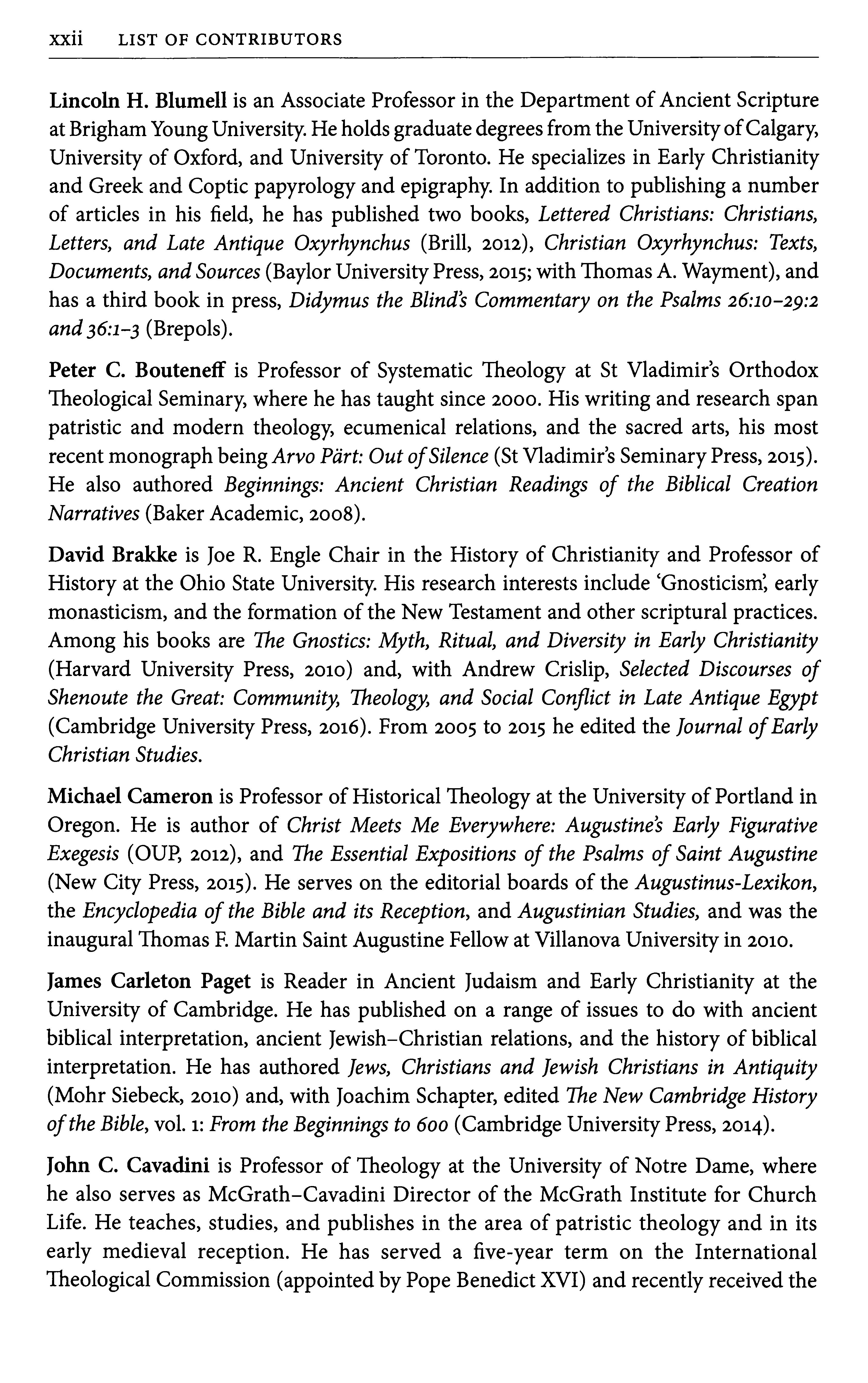
Lincoln H. Blumell is an Associate Professor in the Department of Ancient Scripture at Brigham Young University. He holds graduate degrees from the University of Calgary, University of Oxford, and University of Toronto. He specializes in Early Christianity and Greek and Coptic papyrology and epigraphy. In addition to publishing a number of articles in his field, he has published two books, Lettered Christians: Christians, Letters, and Late Antique Oxyrhynchus (Brill, 2012), Christian Oxyrhynchus: Texts, Documents, and Sources (Baylor University Press, 2015; with Thomas A. Wayment), and has a third book in press, Didymus the Blind's Commentary on the Psalms 26:10-29:2 and 36:1-3 (Brepols).
Peter C. Bouteneff is Professor of Systematic Theology at St Vladimir's Orthodox Theological Seminary, where he has taught since 2000. His writing and research span patristic and modern theology, ecumenical relations, and the sacred arts, his most recent monograph being Arva Part: Out of Silence (St Vladimir's Seminary Press, 2015). He also authored Beginnings: Ancient Christian Readings of the Biblical Creation Narratives (Baker Academic, 2008).
David Brakke is Joe R. Engle Chair in the History of Christianity and Professor of History at the Ohio State University. His research interests include 'Gnosticism: early monasticism, and the formation of the New Testament and other scriptural practices. Among his books are The Gnostics: Myth, Ritual, and Diversity in Early Christianity (Harvard University Press, 2010) and, with Andrew Crislip, Selected Discourses of Shenoute the Great: Community, Theology, and Social Conflict in Late Antique Egypt (Cambridge University Press, 2016). From 2005 to 2015 he edited the Journal of Early Christian Studies.
Michael Cameron is Professor of Historical Theology at the University of Portland in Oregon. He is author of Christ Meets Me Everywhere: Augustine's Early Figurative Exegesis (OUP, 2012), and The Essential Expositions of the Psalms of Saint Augustine (New City Press, 2015). He serves on the editorial boards of the Augustinus-Lexikon, the Encyclopedia of the Bible and its Reception, and Augustinian Studies, and was the inaugural Thomas F. Martin Saint Augustine Fellow at Villanova University in 2010.
James Carleton Paget is Reader in Ancient Judaism and Early Christianity at the University of Cambridge. He has published on a range of issues to do with ancient biblical interpretation, ancient Jewish-Christian relations, and the history of biblical interpretation. He has authored Jews, Christians and Jewish Christians in Antiquity (Mohr Siebeck, 2010) and, with Joachim Schapter, edited The New Cambridge History of the Bible, vol. 1: From the Beginnings to 600 (Cambridge University Press, 2014).
John C. Cavadini is Professor of Theology at the University of Notre Dame, where he also serves as McGrath-Cavadini Director of the McGrath Institute for Church Life. He teaches, studies, and publishes in the area of patristic theology and in its early medieval reception. He has served a five-year term on the International Theological Commission (appointed by Pope Benedict XVI) and recently received the
Monika K. Hellwig Award from the Association of Catholic Colleges and Universities for Outstanding Contributions to Catholic Intellectual Life.
Reinhart Ceulemans is assistant professor of Greek literature at KU Leuven. Earlier, he worked at the Septuaginta-Unternehmen of the Gottingen' Academy of Sciences and Humanities (2011-2014). His main research interests include the transmission of the Greek Bible and biblical exegesis in Byzantium.
Esther Chung- Kim is Associate Professor of Religious Studies at Claremont McKenna College in Claremont, California. Her research focuses on problems of authority, ancient tradition in early modern biblical interpretation, and poor relief reform. She has published Inventing Authority: Use of the Church Fathers in Reformation Debates over the Eucharist (Baylor University Press, 2011), Reformation Commentary on Scripture: Acts (IVP Academic, 2014), and several articles related to poverty, wealth, and social change, including most recently, '.Aid for Refugees: Religion, Migration and Poor Relief in Sixteenth-Century Geneva' (2018) in Reformation and Renaissance Review. She is a 2018-19 recipient of the Sabbatical Grant for Researchers at The Louisville Institute.
Elizabeth A. Clark is the John Carlisle Kilgo Professor of Religion, Emerita, at Duke University. She specializes in the history of late ancient Christianity, with particular attention to issues of women and gender, the development of early Christian asceticism, biblical interpretation in early Christianity, heresy and orthodoxy, and historiographical issues. She has authored or edited thirteen books, the latest of which is The Fathers Refounded: Protestant Liberalism, Roman Catholic Modernism, and the Teaching of Ancient Christianity in Early Twentieth-Century America (Philadelphia: University of Pennsylvania Press, 2019 ). She is the founding editor of the Journal of Early Christian Studies and is a Fellow of the American Academy of Arts a~d Sciences. She has served as the President of the American Academy of Religion, the American Society of Church History, and the North American Patristics Society.
John Granger Cook graduated from Davidson College (philosophy), Union Theological Seminary in Richmond, and Emory University. After six years in a Presbyterian parish in the Asheville, NC area, he did a three-year post-doctoral project in earliest Christianity at Emory University, and since 1994 has taught at LaGrange College in LaGrange, Georgia. He has published monographs on the Gospel of Mark, the interpretation of the Old Testament and the New Testament in Graeco-Roman paganism, the Roman response to the Christians from the reigns of Claudius to Hadrian, and one on crucifixion in Mediterranean antiquity. His latest book is entitled Empty Tomb, Resurrection, and Apotheosis.
Mary B. Cunningham is Honorary Associate Professor in the Department of Theology and Religious Studies at the University of Nottingham. Having retired from her teaching post there, she took up a Fellowship at Dumbarton Oaks Research Library in Washington, DC, during the academic year 2015-16. Cunningham has since moved to
Oxfordshire where she continues to carry out research and writing. Publications that relate to her contribution in this volume include (with Pauline Allen), Preacher and Audience: Studies in Early Christian and Byzantine Homiletics (Brill, 1998), Wider Than Heaven: Eighth-Century Homilies on the Mother of God (St Vladimir's Seminary Press, 2008 ), and 'The Interpretation of the New Testament in Byzantine Preaching: Mediating an Encounter with the Word', in D. Krueger and R. Nelson (eds), The New Testament in Byzantium (Dumbarton Oaks, 2016).
Anthony Dupont is Research Professor in Christian Antiquity and member of the Research Unit History of Church and Theology at the Faculty of Theology and Religious Studies, the Catholic University of Leuven. He has published two monographs, including Gratia in Augustine's Sermones ad Populum during the Pelagian Controversy (Brill, 2012), as well as several articles about the interrelated topics of divine grace and human freedom in the writings of Augustine of Hippo. He also co-edited Preaching in the Patristic Era (Brill, 2018).
Luke Dysinger, OSB is a Benedictine monk and priest of St Andrew's Abbey, Valyermo, California. He received his MD from the University of Southern California Medical School in 1978 and his D.Phil. in patristics from Oxford University in 2000. He serves as professor of church history and moral theology at St John's Seminary in Camarillo, California. His publications include The Rule of St. Benedict, Latin and English (Source Books, 1997); Psalmody and Prayer in the Writings of Evagrius Ponticus (OUP, 2005).
Mark Elliott is Professor of Divinity at the University of Glasgow Scotland, and Professorial Fellow at Wycliffe College, Toronto, having done his Ph.D. at Cambridge University in Patristics. Recent publications include Engaging Leviticus (Cascade, 2012) and Providence Perceived (De Gruyter, 2015). He is currently engaged in writing a constructive biblical theology of Providence and in co-editing the History of Scottish Theology (with David Fergusson) for OUP.
Andrew Faulkner (D.Phil. Oxford) is Professor of Classics at the University of Waterloo in Canada. He has worked on the tradition of Greek hymnography, especially the Homeric Hymns and their reception, Hellenistic poetry, and early Christian poetry. His publications include The Homeric Hymn to Aphrodite: Introduction, Text, and Commentary (OUP, 2008), three edited volumes, and numerous journal articles.
Everett Ferguson (Ph.D., Harvard University) taught Bible, Greek, and Church History at Abilene Christian University from 1962 to 1998, and is a past president of the North American Patristics Society (1990-2). Ferguson has served as editor of the journal The Second Century (1981-92), co-editor of Journal of Early Christian Studies (1993-9), and general editor of the Encyclopedia of Early Christianity (2nd edition, 1997). His publications include Backgrounds of Early Christianity (Eerdmans, 3rd edn, 2003), Baptism in the Early Church: History, Theology, and Liturgy in the First Five Centuries (Eerdmans, 2009), and The Rule of Faith: A Guide (Wipf & Stock, 2015).
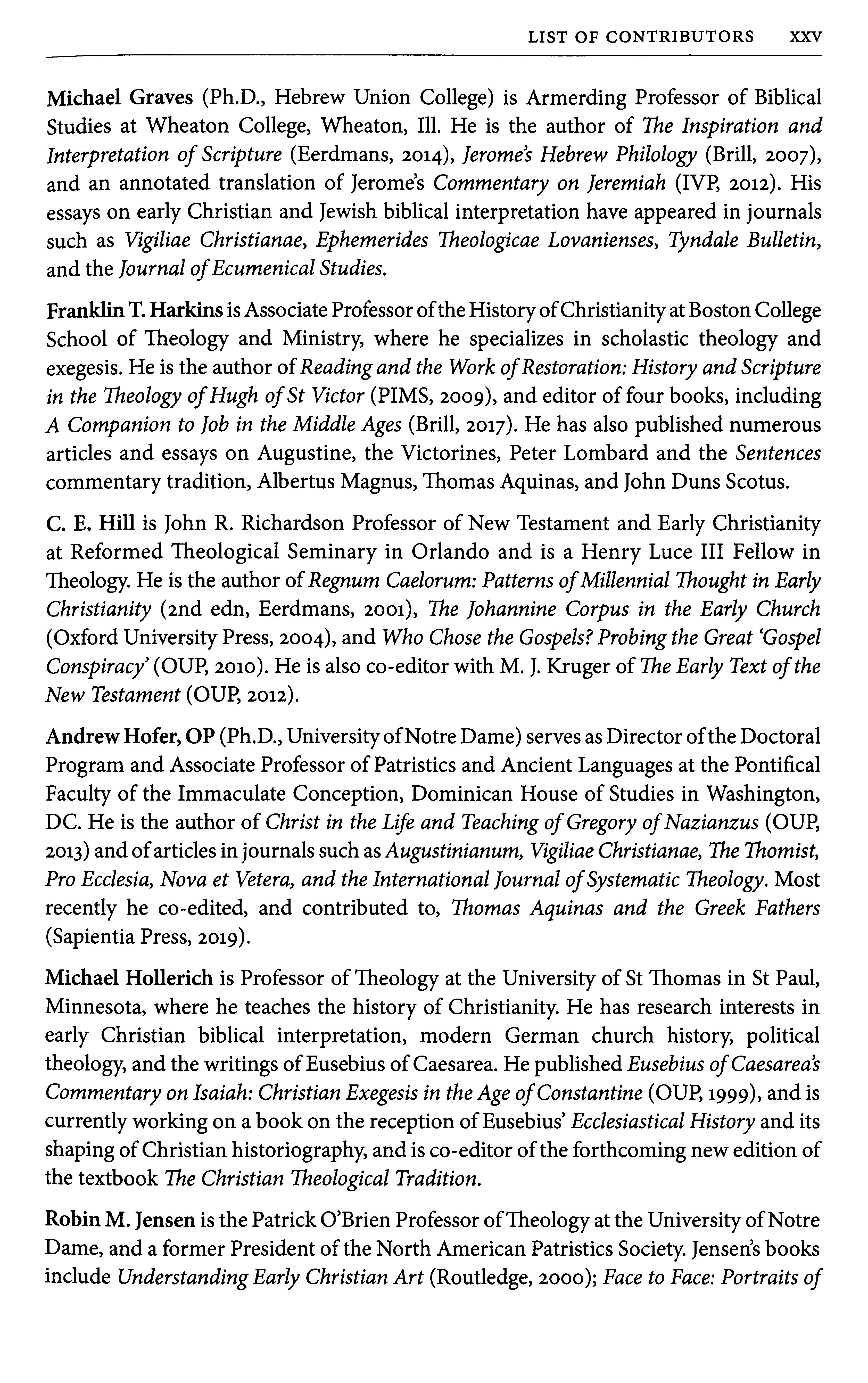
Michael Graves (Ph.D., Hebrew Union College) is Armerding Professor of Biblical Studies at Wheaton College, Wheaton, Ill. He is the author of The Inspiration and Interpretation of Scripture (Eerdmans, 2014), Jerome's Hebrew Philology (Brill, 2007), and an annotated translation of Jerome's Commentary on Jeremiah (IVP, 2012). His essays on early Christian and Jewish biblical interpretation have appeared in journals such as Vigiliae Christianae, Ephemerides Theologicae Lovanienses, Tyndale Bulletin, and the Journal of Ecumenical Studies.
Franklin T. Harkins is Associate Professor of the History of Christianity at Boston College School of Theology and Ministry, where he specializes in scholastic theology and exegesis. He is the author of Reading and the Work of Restoration: History and Scripture in the Theology of Hugh of St Victor (PIMS, 2009 ), and editor of four books, including A Companion to Job in the Middle Ages (Brill, 2017). He has also published numerous articles and essays on Augustine, the Victorines, Peter Lombard and the Sentences commentary tradition, Albertus Magnus, Thomas Aquinas, and John Duns Scotus.
C. E. Hill is John R. Richardson Professor of New Testament and Early Christianity at Reformed Theological Seminary in Orlando and is a Henry Luce III Fellow in Theology. He is the author of Regnum Caelorum: Patterns of Millennial Thought in Early Christianity (2nd edn, Eerdmans, 2001), The Johannine Corpus in the Early Church (Oxford University Press, 2004), and Who Chose the Gospels? Probing the Great 'Gospel Conspiracy' (OUP, 2010 ). He is also co-editor with M. J. Kruger of The Early Text of the New Testament (OUP, 2012).
Andrew Hofer, OP (Ph.D., University of Notre Dame) serves as Director of the Doctoral Program and Associate Professor of Patristics and Ancient Languages at the Pontifical Faculty of the Immaculate Conception, Dominican House of Studies in Washington, DC. He is the author of Christ in the Life and Teaching of Gregory of Nazianzus (OUP, 2013) and of articles in journals such as Augustinian um, Vigiliae Christianae, The Thomist, Pro Ecclesia, Nova et Vetera, and the International Journal of Systematic Theology. Most recently he co-edited, and contributed to, Thomas Aquinas and the Greek Fathers (Sapientia Press, 2019).
Michael Hollerich is Professor of Theology at the University of St Thomas in St Paul, Minnesota, where he teaches the history of Christianity. He has research interests in early Christian biblical interpretation, modern German church history, political theology, and the writings of Eusebius of Caesarea. He published Eusebius of Caesarea's Commentary on Isaiah: Christian Exegesis in the Age of Constantine (OUP, 1999 ), and is currently working on a book on the reception of Eusebius' Ecclesiastical History and its shaping of Christian historiography, and is co-editor of the forthcoming new edition of the textbook The Christian Theological Tradition.
Robin M. Jensen is the Patrick O'Brien Professor of Theology at the University of Notre Dame, and a former President of the North American Patristics Society. Jensen's books include Understanding Early Christian Art (Routledge, 2000 ); Face to Face: Portraits of
the Divine in Early Christianity (Fortress, 2005); The Substance of Things Seen: Art, Faith and the Christian Community (Eerdmans, 2004); Living Water: Images, Symbols, and Settings of Early Christian Baptism (Brill, 2011); and Baptismal Imagery in Early Christianity (Baker Academic, 2012). Most recently she co-authored Christianity in Roman Africa with her husband, J. Patout Burns, Jr (Eerdmans, 2014).
F. Stanley Jones is Emeritus Professor of Religious Studies and former Director of the Institute for the Study of Judaeo-Christian Origins at California State University, Long Beach. He holds academic degrees from Yale, Oxford, and Gottingen and specializes in New Testament and ancient Christianity. Among his recent publications are Pseudoclementina Elchasaiticaque inter Judaeochristiana: Collected Studies (Peeters, 2012) and an English translation of The Syriac 'Pseudo-Clementines': An Early Version of the First Christian Novel (Brepols, 2014).
Judith L. Kovacs, Associate Professor Emerita of the University of Virginia, works in both patristics and biblical studies. Her publications include The Church's Bible: 1 Corinthians, a book on the reception history of the Revelation to John (co-authored with Christopher Rowland), and articles on patristic exegesis, Clement of Alexandria, Origen, Gregory of Nyssa, the Gospel of John, 1 Corinthians, and Revelation. She is an editor of the Blackwell Bible Commentaries and the SBL Writings of the Greco-Roman World sub-series on John Chrysostom's works on the New Testament.
Richard A. Layton (Ph.D., University of Virginia) is an Associate Professor in the Department of Religion at the University of Illinois at Urbana-Champaign, and is the author of Didymus the Blind and his Circle in Late Antique Alexandria (University of Illinois Press, 2004) and co-author with Walter Feinberg of For the Civic Good: The Liberal Case for Teaching Religion in the Public Schools (University of Michigan Press, 2014). Layton has also published a number of essays in patristic studies and patristic biblical exegesis.
Johan Leemans is Professor in Late Antique Christianity and a member of the Research Unit History of Church and Theology at the Faculty of Theology and Religious Studies at the Catholic University of Leuven. His research mainly focuses on the Greek East of the fourth and fifth centuries CE, with special attention to the phenomenon of martyrdom, patristic exegesis, and sermons. He has co-edited a number of studies, including More Than a Memory: The Discourse of Martyrdom and the Construction of Christian Identity (Peeters, 2006) and Christian Martyrdom in Late Antiquity (300-450 ad) (De Gruyter, 2017).
Michael C. Legaspi is Associate Professor of Classics and Ancient Mediterranean Studies and Jewish Studies at the Pennsylvania State University (University Park). Trained in biblical studies (Ph.D. in Hebrew Bible, Harvard University), Legaspi's research interests include various topics within the historical and philosophical backgrounds of modern biblical criticism. He is the author of The Death of Scripture and the Rise of Biblical Studies (OUP, 2010) and Wisdom in Classical and Biblical Tradition (OUP, 2018).
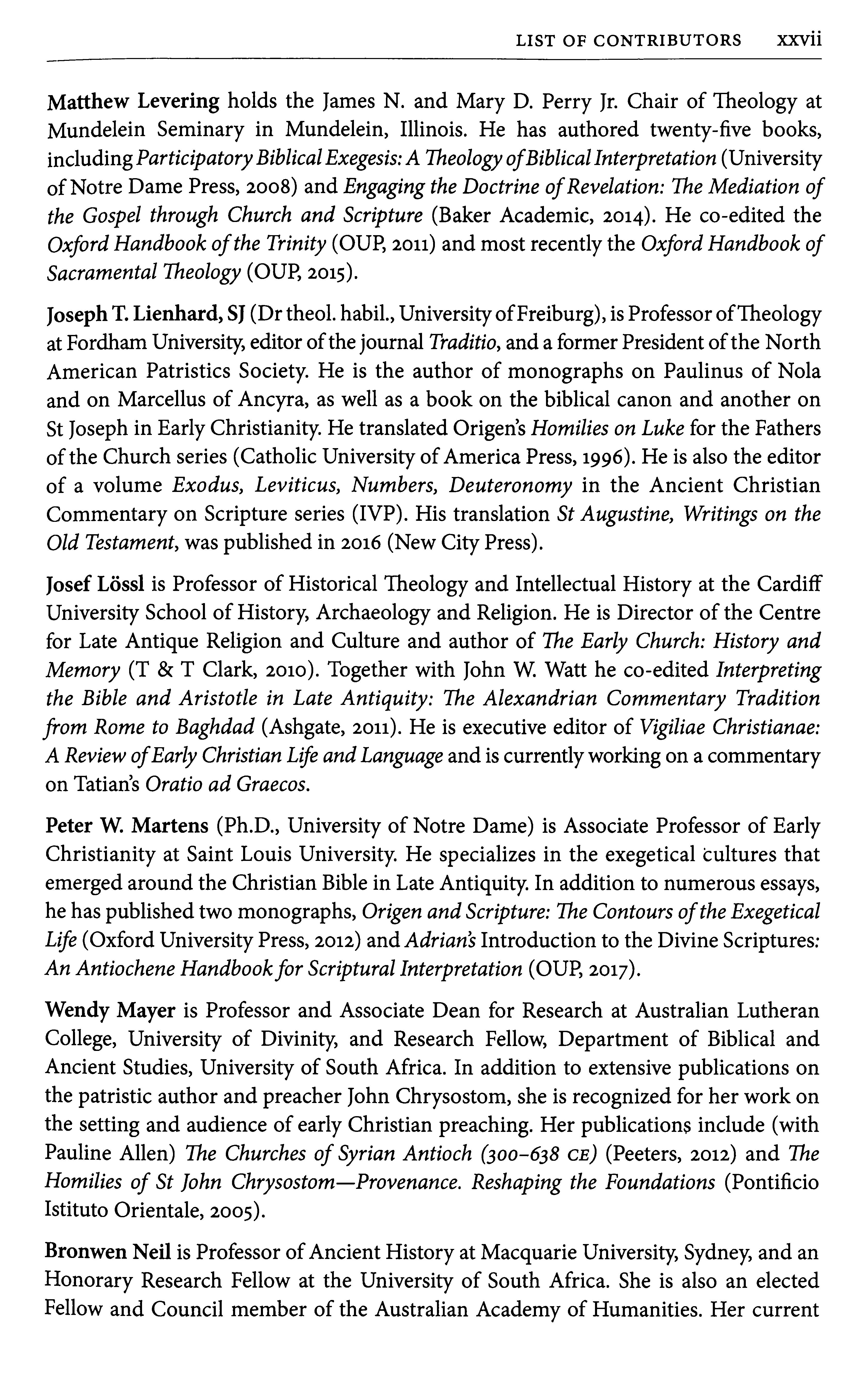
Matthew Levering holds the James N. and Mary D. Perry Jr. Chair of Theology at Mundelein Seminary in Mundelein, Illinois. He has authored twenty-five books, including Participatory Biblical Exegesis: A Theology ofBiblical Interpretation (University of Notre Dame Press, 2008) and Engaging the Doctrine of Revelation: The Mediation of the Gospel through Church and Scripture (Baker Academic, 2014). He co-edited the Oxford Handbook of the Trinity (OUP, 2011) and most recently the Oxford Handbook of Sacramental Theology (OUP, 2015).
Joseph T. Lienhard, SJ (Dr theol. habil., University ofFreiburg), is Professor of Theology at Fordham University, editor of the journal Traditio, and a former President of the North American Patristics Society. He is the author of monographs on Paulinus of Nola and on Marcellus of Ancyra, as well as a book on the biblical canon and another on St Joseph in Early Christianity. He translated Origen's Homilies on Luke for the Fathers of the Church series (Catholic University of America Press, 1996). He is also the editor of a volume Exodus, Leviticus, Numbers, Deuteronomy in the Ancient Christian Commentary on Scripture series (IVP). His translation St Augustine, Writings on the Old Testament, was published in 2016 (New City Press).
Josef Lossl is Professor of Historical Theology and Intellectual History at the Cardiff University School of History, Archaeology and Religion. He is Director of the Centre for Late Antique Religion and Culture and author of The Early Church: History and Memory (T & T Clark, 2010 ). Together with John W. Watt he co-edited Interpreting the Bible and Aristotle in Late Antiquity: The Alexandrian Commentary Tradition from Rome to Baghdad (Ashgate, 2011). He is executive editor of Vigiliae Christianae: A Review of Early Christian Life and Language and is currently working on a commentary on Tatian's Oratio ad Graecos.
Peter W. Martens (Ph.D., University of Notre Dame) is Associate Professor of Early Christianity at Saint Louis University. He specializes in the exegetical cultures that emerged around the Christian Bible in Late Antiquity. In addition to numerous essays, he has published two monographs, Origen and Scripture: The Contours of the Exegetical Life (Oxford University Press, 2012) and Adrian's Introduction to the Divine Scriptures: An Antiochene Handbook for Scriptural Interpretation (OUP, 2017).
Wendy Mayer is Professor and Associate Dean for Research at Australian Lutheran College, University of Divinity, and Research Fellow, Department of Biblical and Ancient Studies, University of South Africa. In addition to extensive publications on the patristic author and preacher John Chrysostom, she is recognized for her work on the setting and audience of early Christian preaching. Her publications include (with Pauline Allen) The Churches of Syrian Antioch (300-638 CB) (Peeters, 2012) and The Homilies of St John Chrysostom-Provenance. Reshaping the Foundations (Pontificio Istituto Orientale, 2005).
Bronwen Neil is Professor of Ancient History at Macquarie University, Sydney, and an Honorary Research Fellow at the University of South Africa. She is also an elected Fellow and Council member of the Australian Academy of Humanities. Her current
research project is Dreams, Prophecy and Violence from Early Christianity to Early Islam (ARC Future Fellowship). Neil has published widely on Maximus the Confessor, Pope Martin I, Anastasius Bibliothecarius, and Pope Leo I, as well as on poverty and welfare in Late Antiquity. She is co-editor of the Brill Companion to Pope Gregory the Great (Leiden, 2013) and the Oxford Handbook on Maximus the Confessor (OUP, 2017).
Lorenzo Perrone, until 2015 Professor of Early Christian Literature in the Department of Classics and Italian Studies at the University of Bologna, founded in Pisa the Italian Research Group on Origen and the Alexandrian Tradition (1994) and created the journal Adamantius (1995). His research interests are the study of Origen, the history of the Holy Land in Late Antiquity, the history of ancient monasticism, and eastern Christianity. Recently he has directed the critical edition of the newly discovered Homilies on the Psalms by Origen in the series Die griechischen christlichen Schriftsteller der ersten Jahrhunderte (De Gruyter, 2015).
L. Edward Phillips is Associate Professor of Worship and Liturgical Theology at Candler School of Theology and a faculty member of the Graduate Division of Religion, Emory University, Atlanta, Georgia. His publications include The Ritual Kiss in Early Christian Worship (Gorgias, 1996); The Apostolic Tradition: A Commentary (Fortress Press, 2002), Studia Liturgica Diversa: Studies in Honor of Paul Bradshaw (Pastoral Press, 2004), and Courage to Bear Witness: Essays in Honor of Gene Davenport (Wipf & Stock, 2009). He is the former editor-in-chief of Liturgy, the journal of the Liturgical Conference (2008-16).
Eric Scherbenske is an independent scholar currently writing a monograph on the late-ancient archetype of the tenth-century New Testament manuscript 1739. His first monograph, Canonizing Paul: Ancient Editorial Practice and the Corpus Paulinum (OUP, 2013), received the North American Patristics Society Best First Book Award for 2014.
Stephen J. Shoemaker is Professor of Religious Studies at the University of Oregon. His main interests lie in the ancient and early medieval Christian traditions, and more specifically in early Byzantine and Near Eastern Christianity. He is a specialist on early devotion to the Virgin Mary, Christian apocryphal literature, and Islamic origins. Among his many publications are The Ancient Traditions of the Virgin Mary's Dormition and Assumption (OUP, 2002) and The Death of a Prophet: The End of Muhammad's Life and the Beginnings of Islam (University of Pennsylvania Press, 2011).
Peter Struck is Professor and chair of Classical Studies at the University of Pennsylvania. He has written Birth of the Symbol: Ancient Readers at the Limits of their Texts (Princeton University Press, 2004) and Divination and Human Nature: A Cognitive History of Divination in Antiquity (Princeton University Press, 2016). He is editor of Mantike (Brill, 2005), the Cambridge Companion to Allegory (Cambridge University Press, 2010 ), and general editor of a multi-volume series on the Cultural History ofIdeas (forthcoming from Bloomsbury).
Tarmo Toom is originally from Estonia, but he studied theology in Switzerland and the USA. He has taught patristics at the Catholic University of America and is
currently a Professorial Lecturer at Georgetown University. His research foci are patristic hermeneutics, Augustine, early Christian Trinitarian controversies, and the history of creeds. He is the author of Thought Clothed with Sound: Augustine's Christological Hermeneutics in De doctrina christiana (Peter Lang, 2002), and the editor of Patristic Theories of Biblical Interpretation: The Latin Fathers (Cambridge University Press, 2016).
Jeffrey A. Trumbower is Professor of Religious Studies and Dean of the College at St Michael's College, Colchester, Vermont. He is the author of Rescue for the Dead: The Posthumous Salvation of Non-Christians in Early Christianity (OUP, 2001) and Born from Above: The Anthropology of the Gospel of John (Mohr Siebeck, 1992). He has also published articles and book chapters on various aspects of the afterlife in early Christianity.
H. Clifton Ward (Ph.D., University of Durham) is Instructor of Religion at Tusculum University in Greeneville, Tennessee. His most recent publications have examined the scriptural interpretation of Clement of Alexandria, including '"Symbolic Interpretation is Most Useful": Clement of Alexandria's Scriptural Imagination: Journal of Early Christian Studies (2017). His research focuses on the intersection of ancient literary criticism, the formation of Christian Scripture, and the reading practices of Christian exegetes in the first three centuries CE.
Jeffrey Wickes (Ph.D., University of Notre Dame) is Assistant Professor of Early Christianity at Saint Louis University. He works on the literature and theology of the Late Ancient Christian East, especially as manifest in the works of Ephrem the Syrian. He has published articles on Ephrem's exegesis, his theology of divine names, as well as a translation of his Hymns on Faith (Fathers of the Church series, Catholic University of America Press, 2015).
Frances Young taught Theology at the University of Birmingham from 1971. From 1986 to 2005 she held the Edward Cadbury Chair, serving as Head of Department, Head of School, Dean of the Faculty, and Pro-Vice-Chancellor. She was made OBE for services to Theology in 1998, and was elected a Fellow of the British Academy in 2004. Now Emeritus Professor of Theology, she is still engaged in research and writing. New Testament and early Christian studies are her main fields of interest. Her academic publications include From Nicaea to Chalcedon: A Guide to the Literature and its Background (SCM press, 1983, 2nd edn 2010) and Biblical Exegesis and the Formation of Christian Culture (Cambridge University Press, 1997); she co-edited The Cambridge History of Early Christian Literature and The Cambridge History of Christianity: Origins to Constantine. Her principal published papers are collected in Exegesis and Theology in Early Christianity (Ashgate, 2012).
